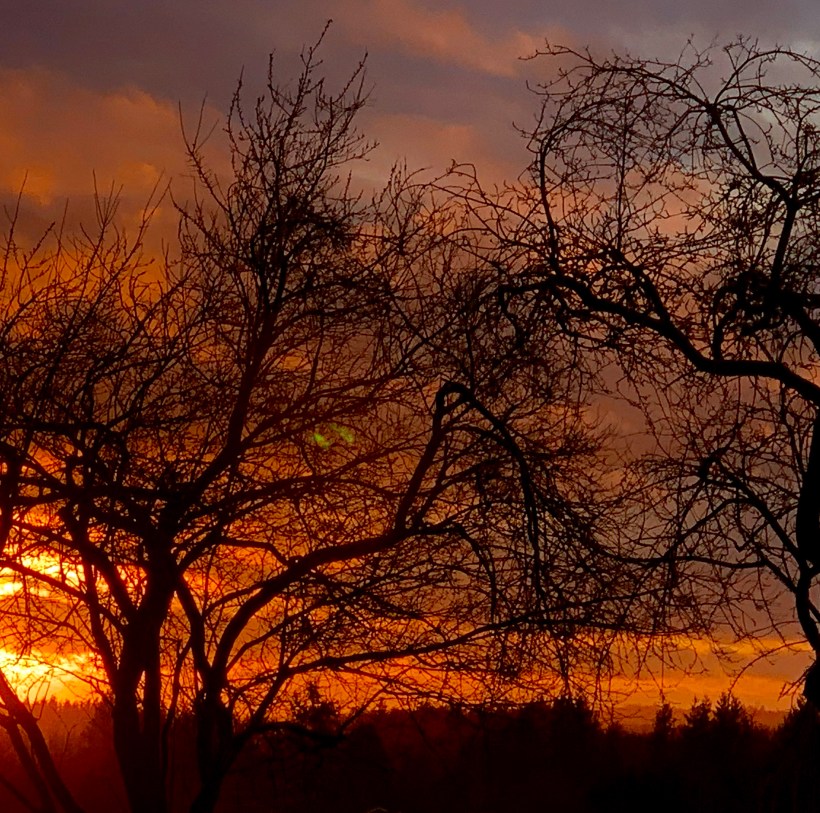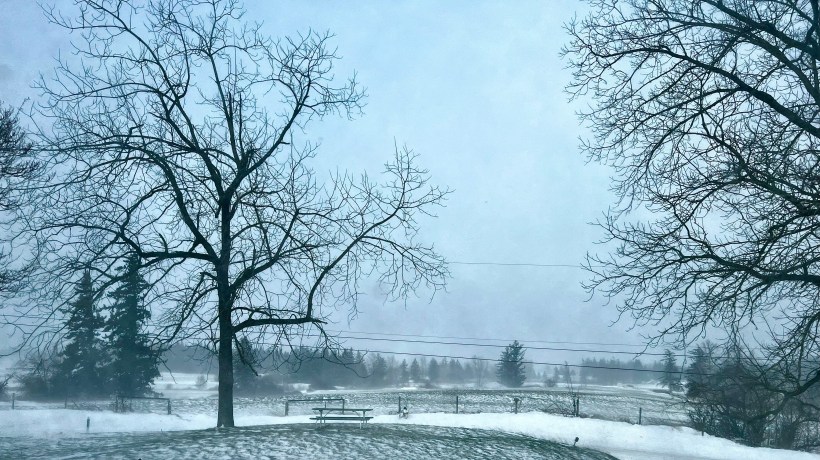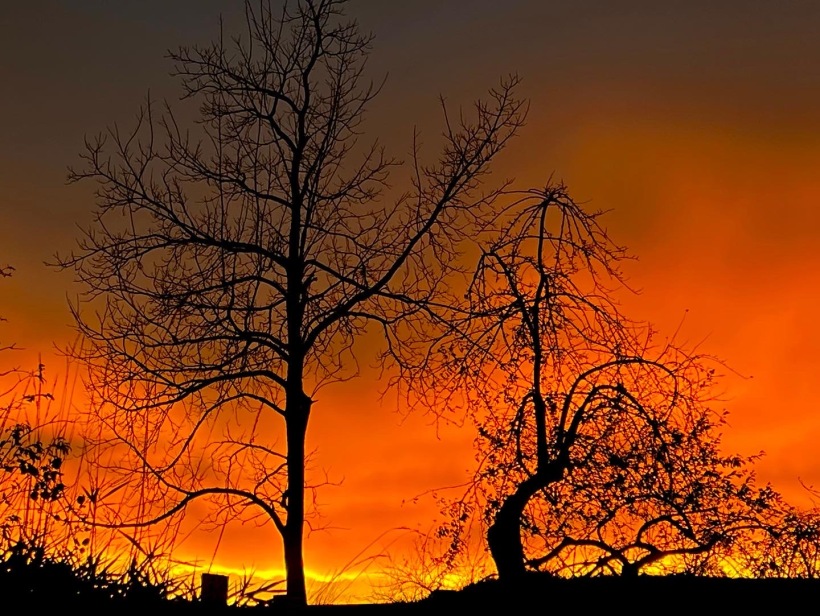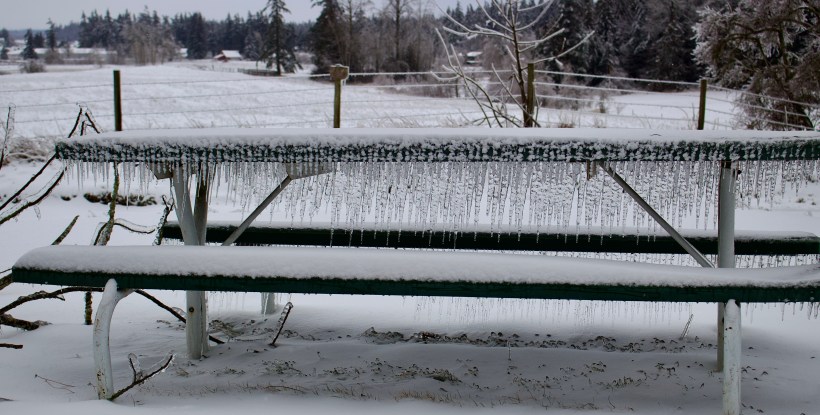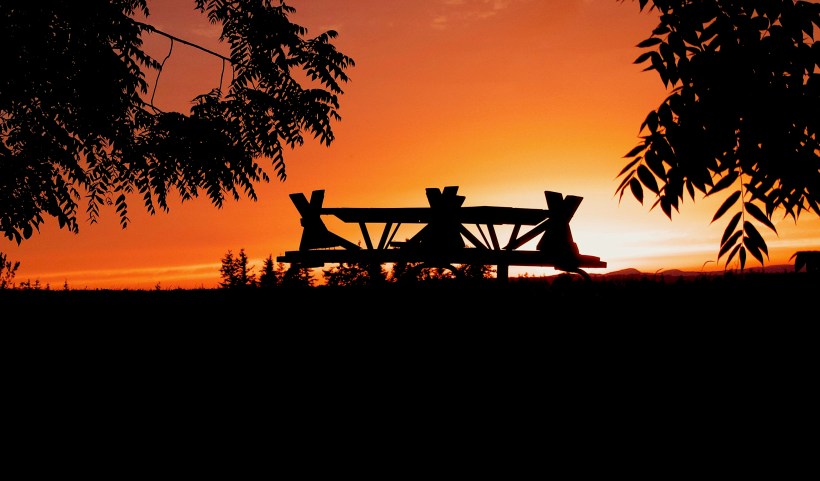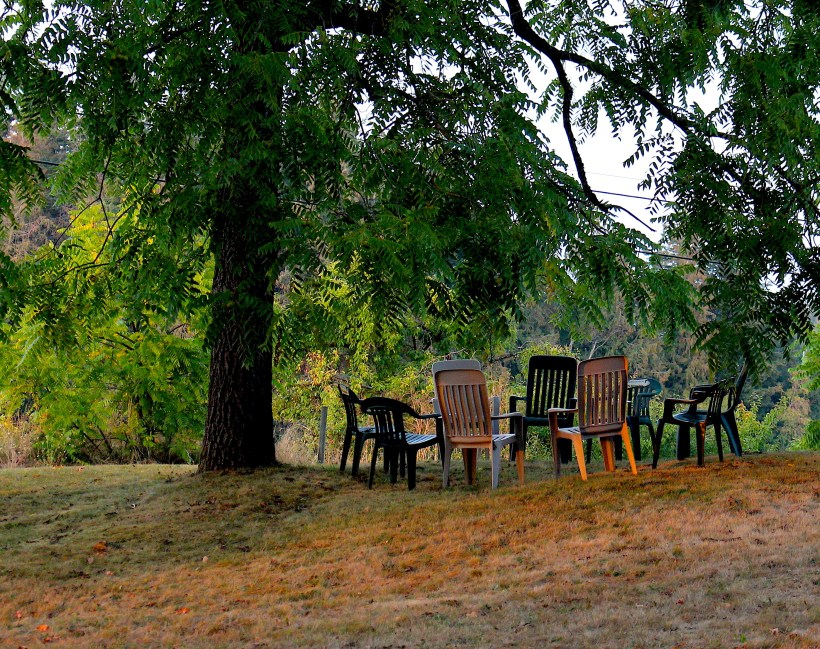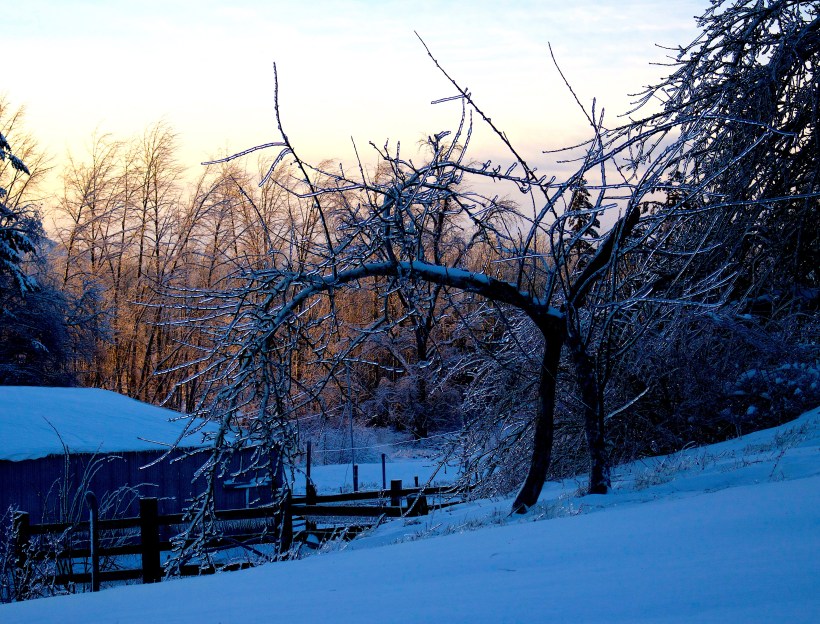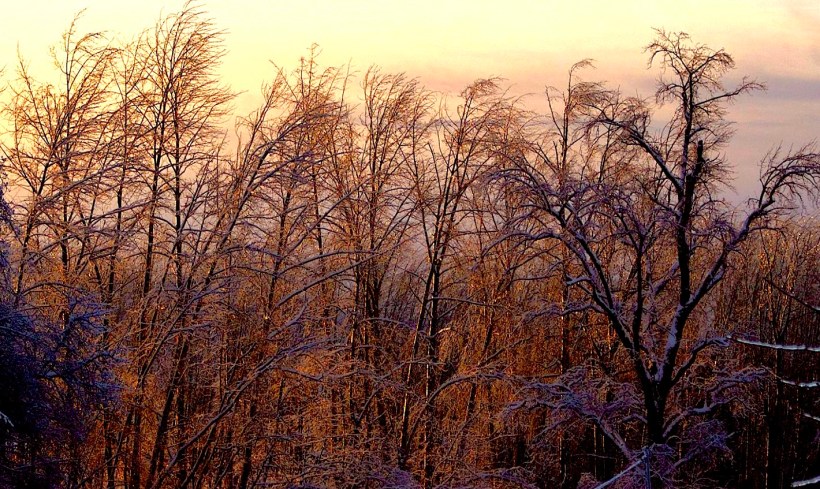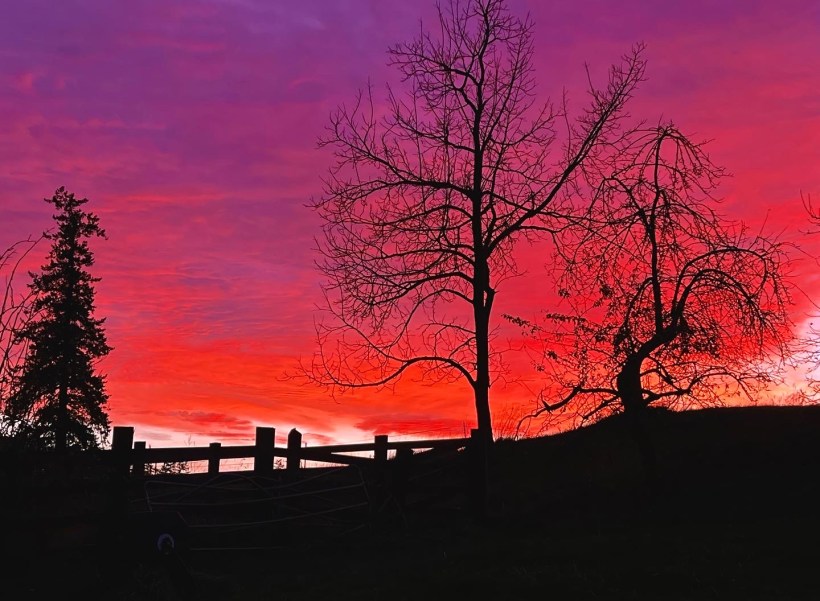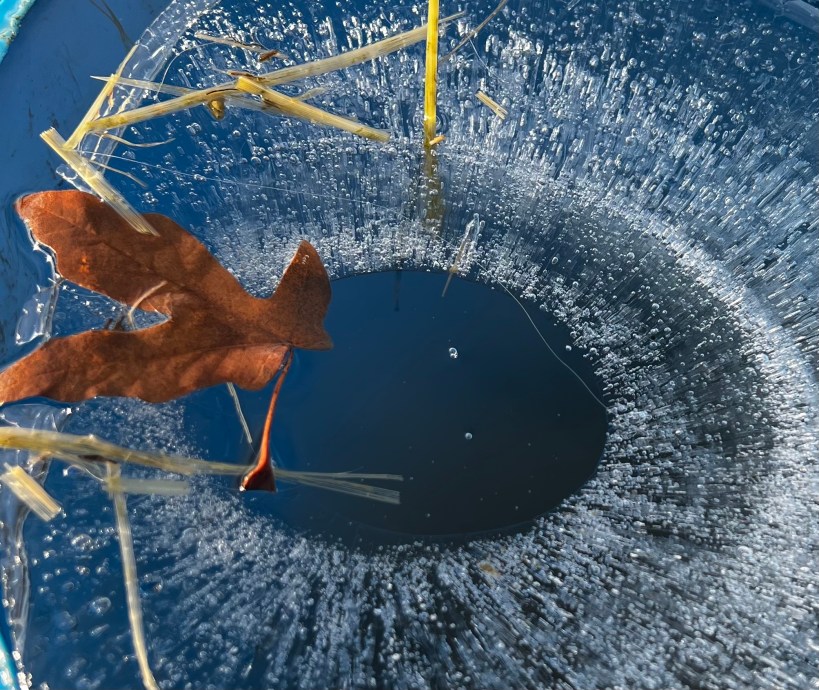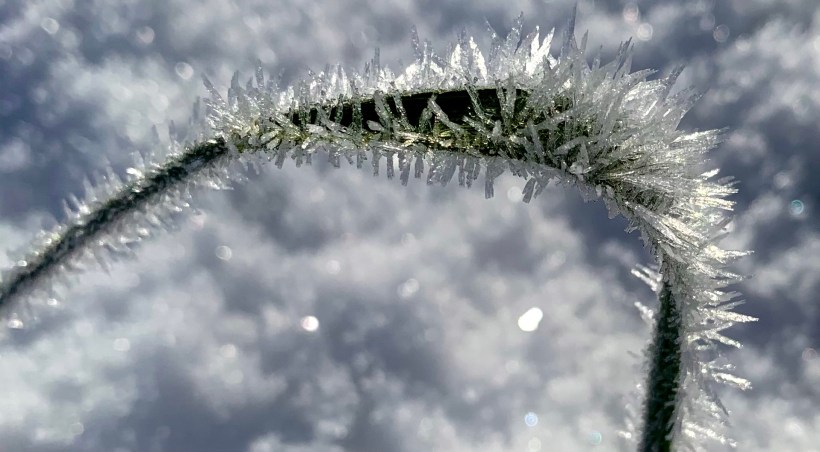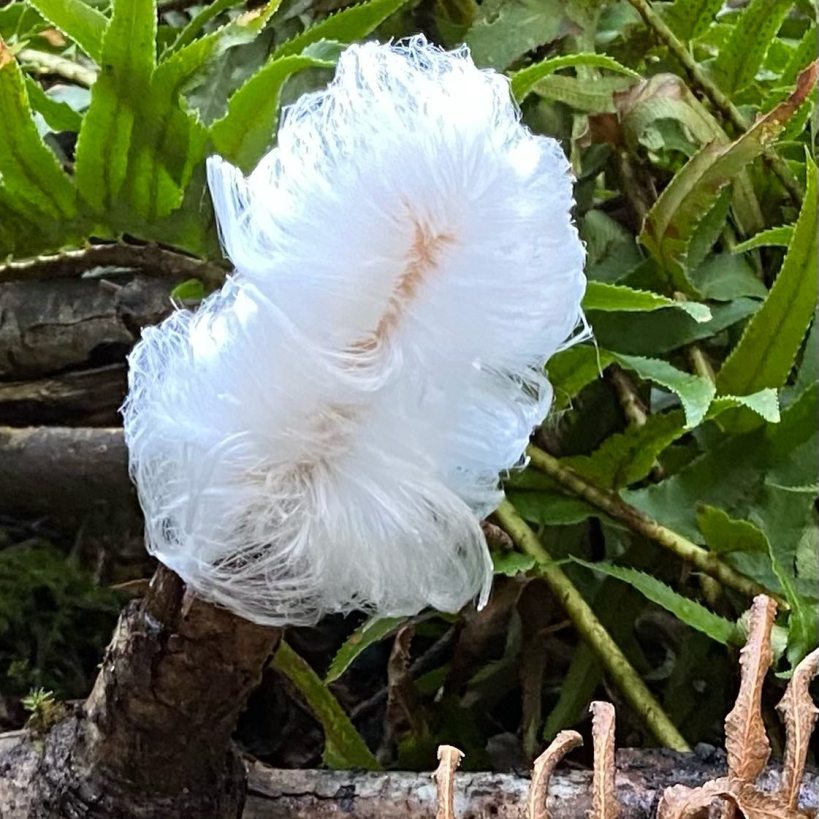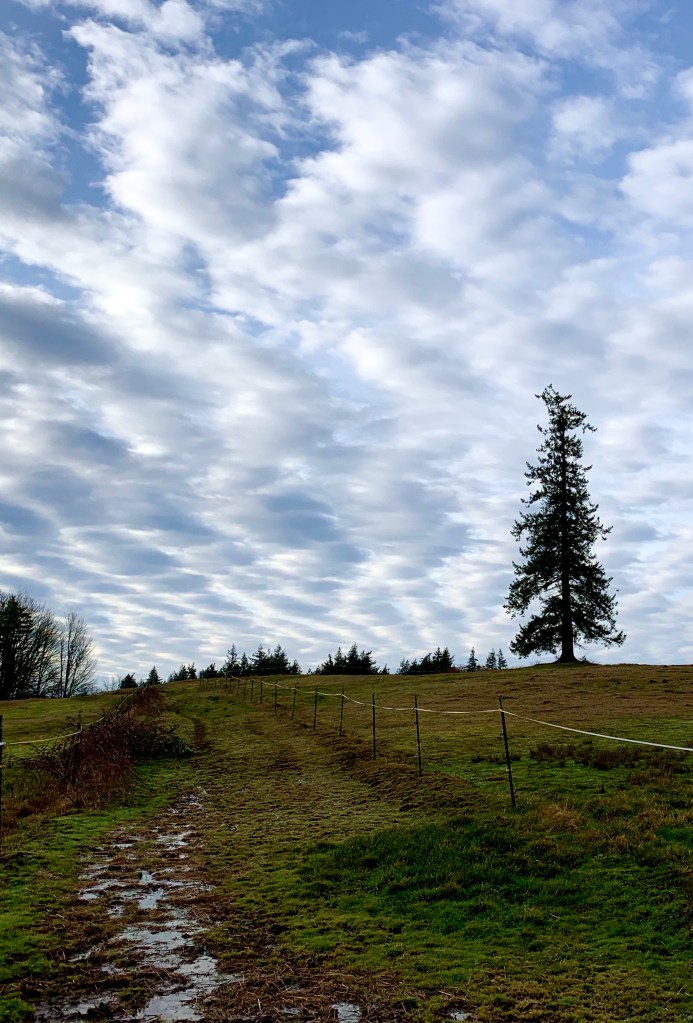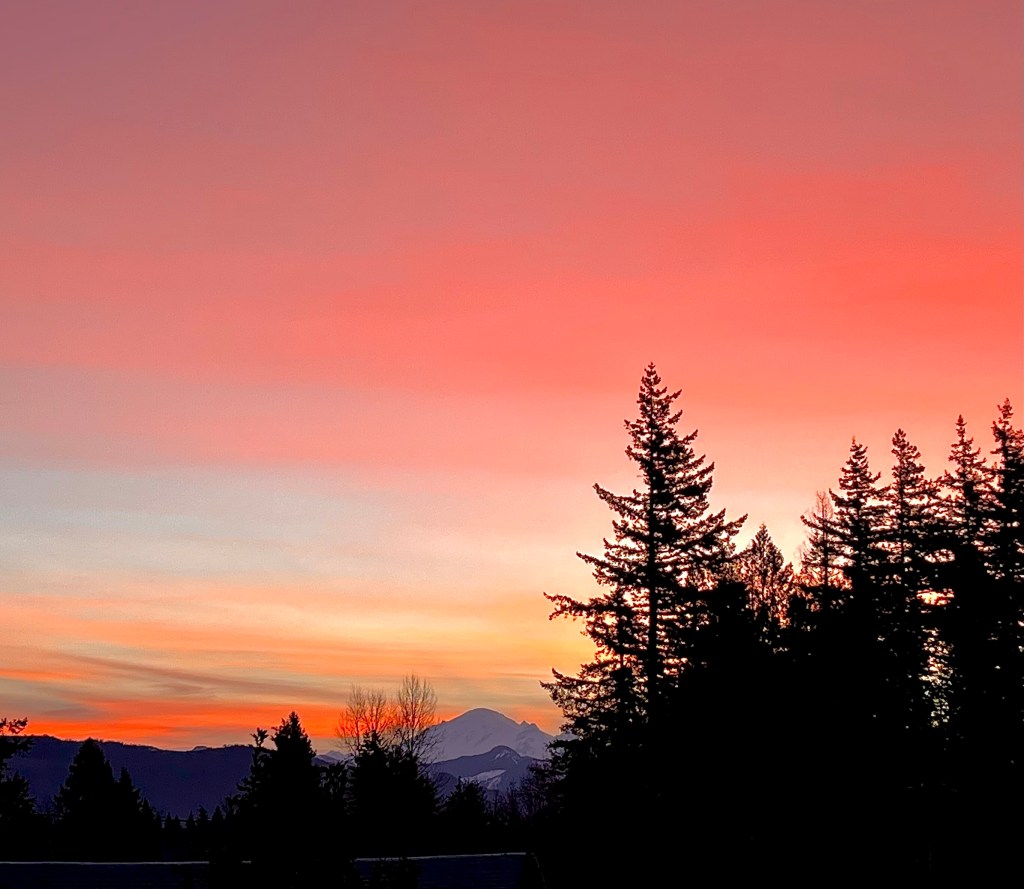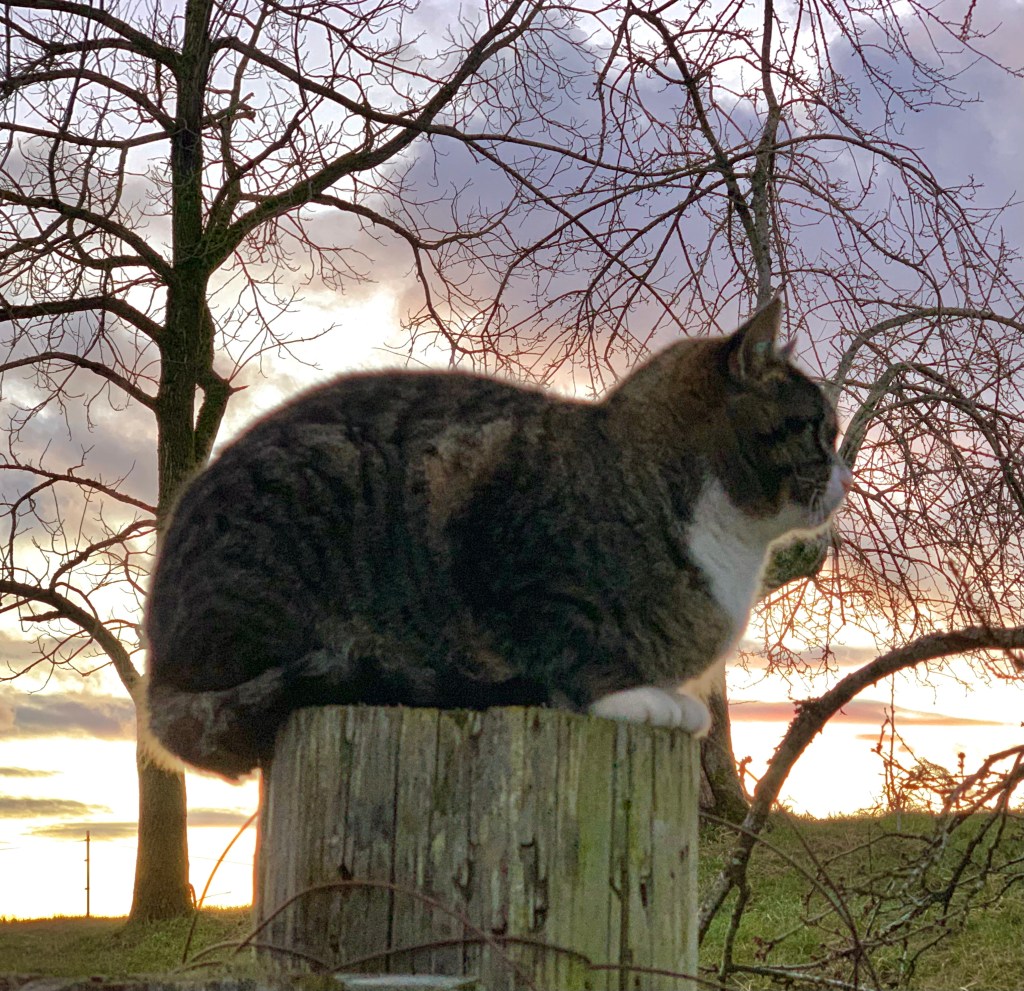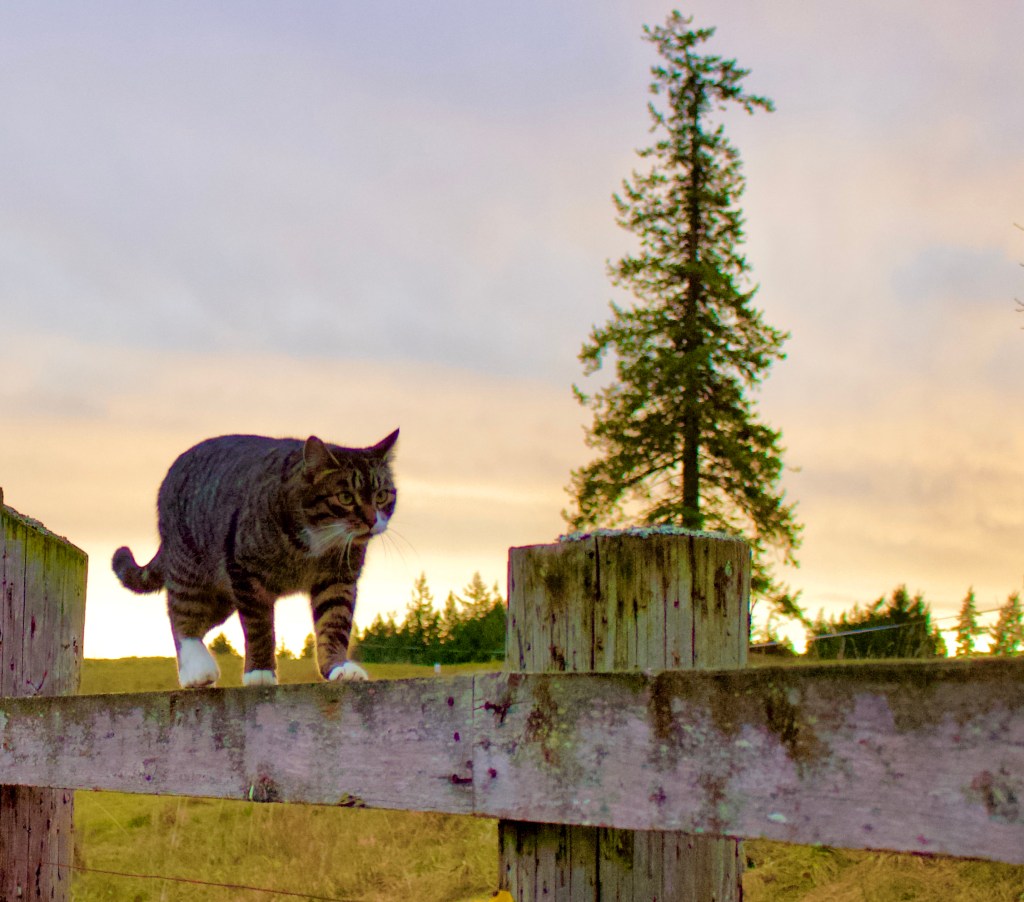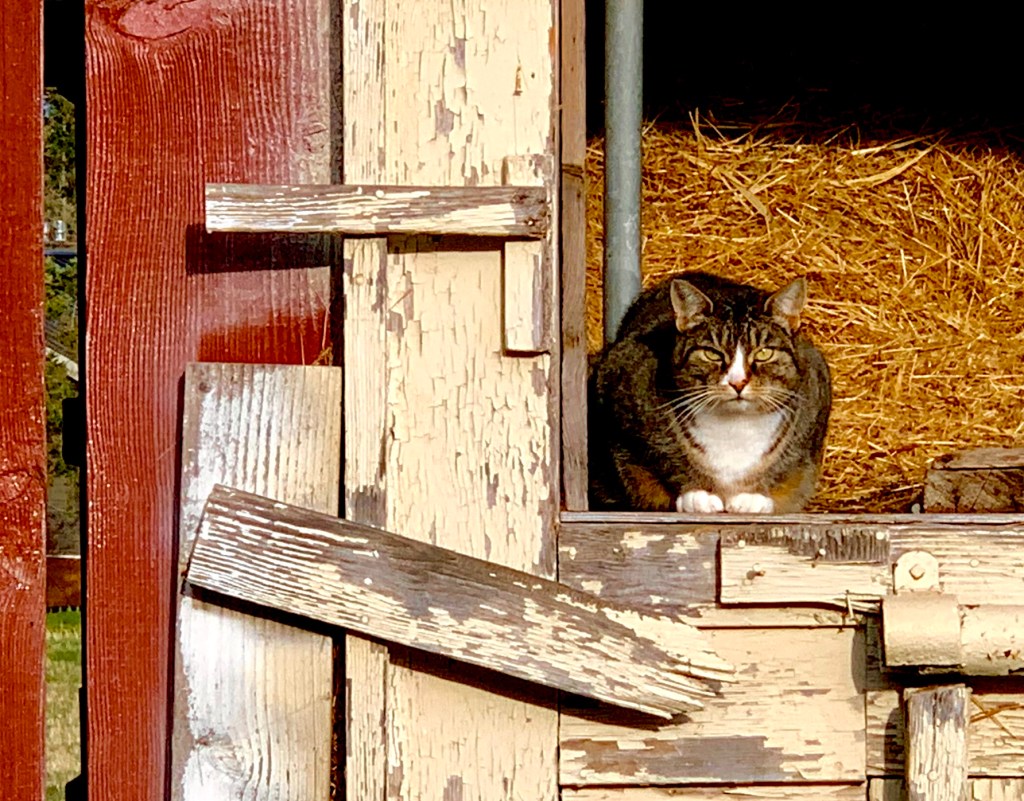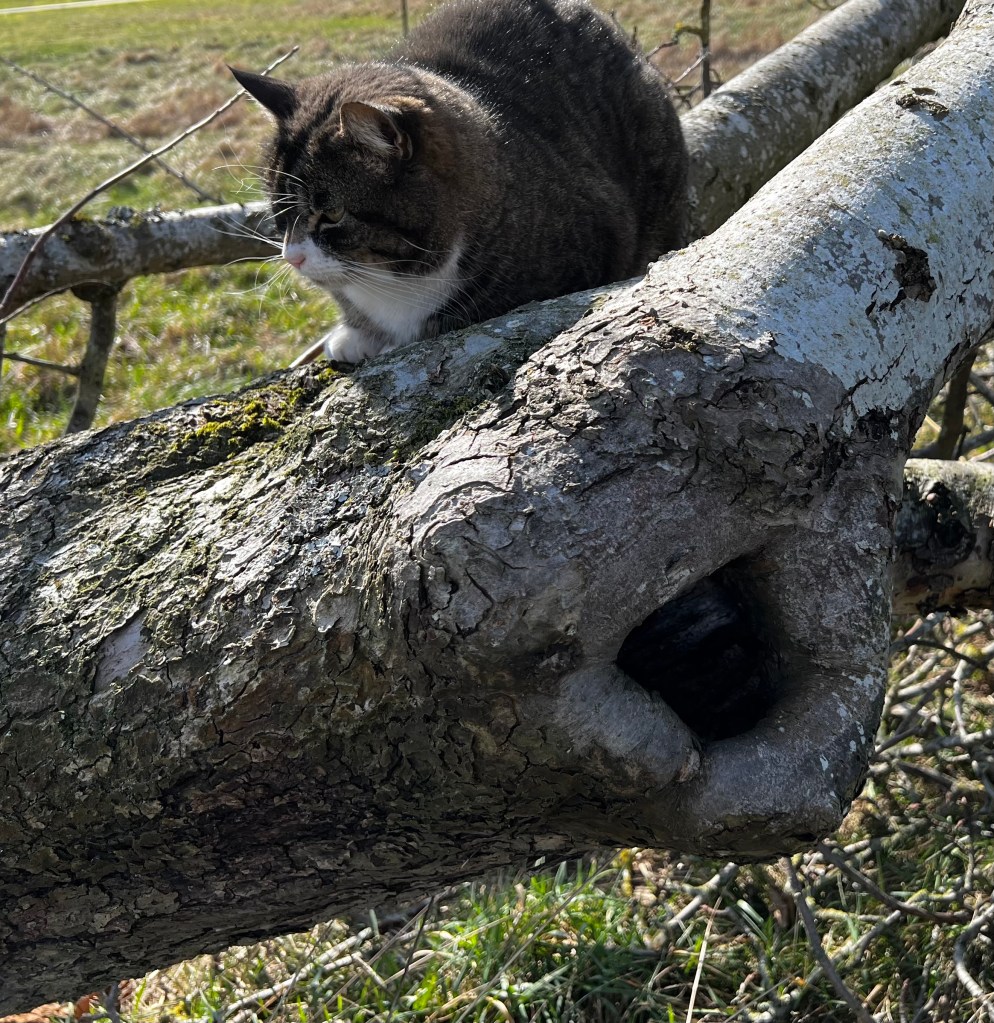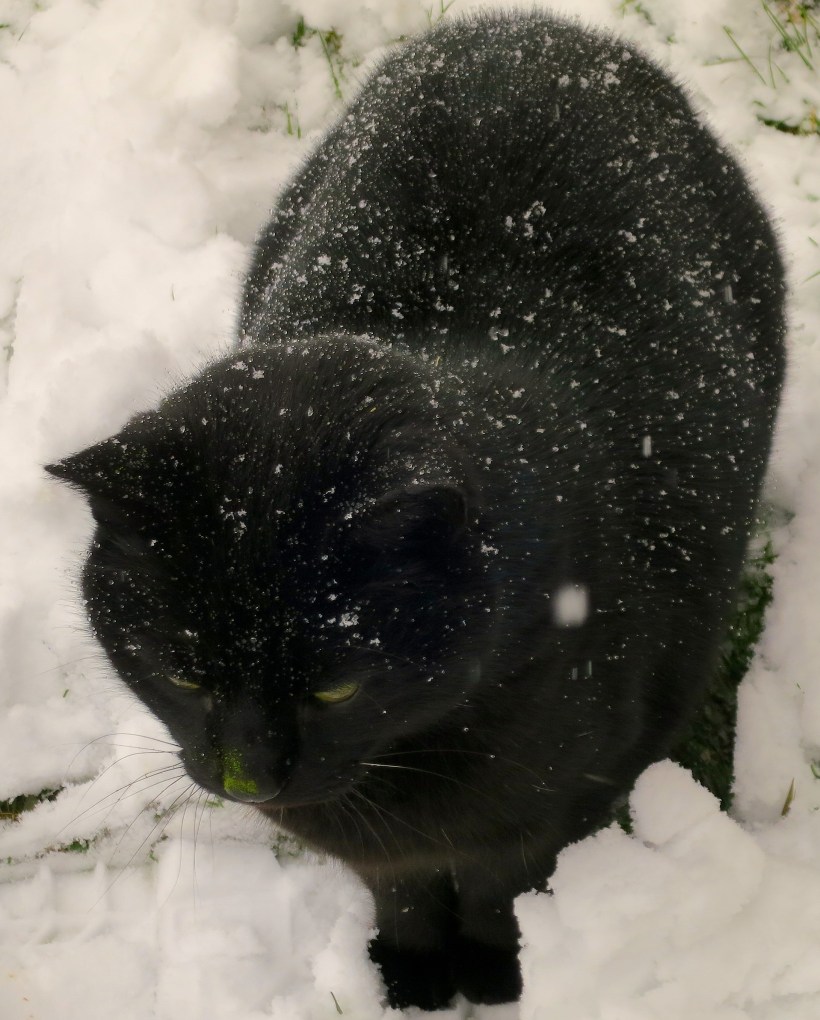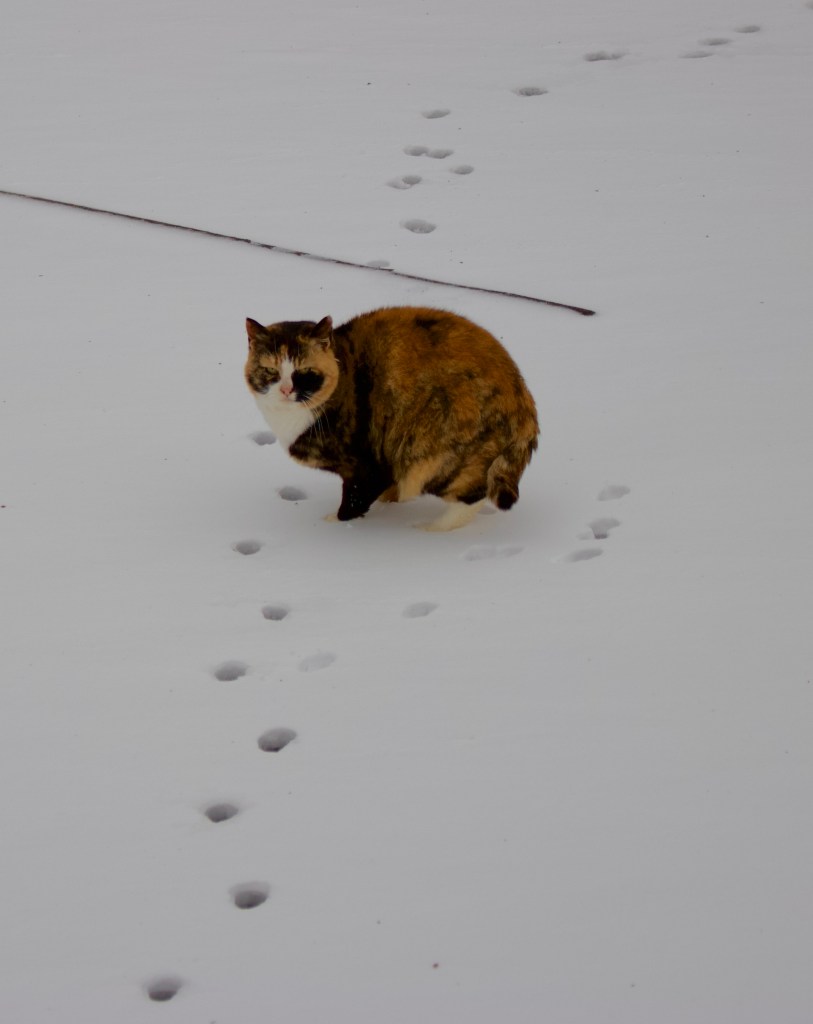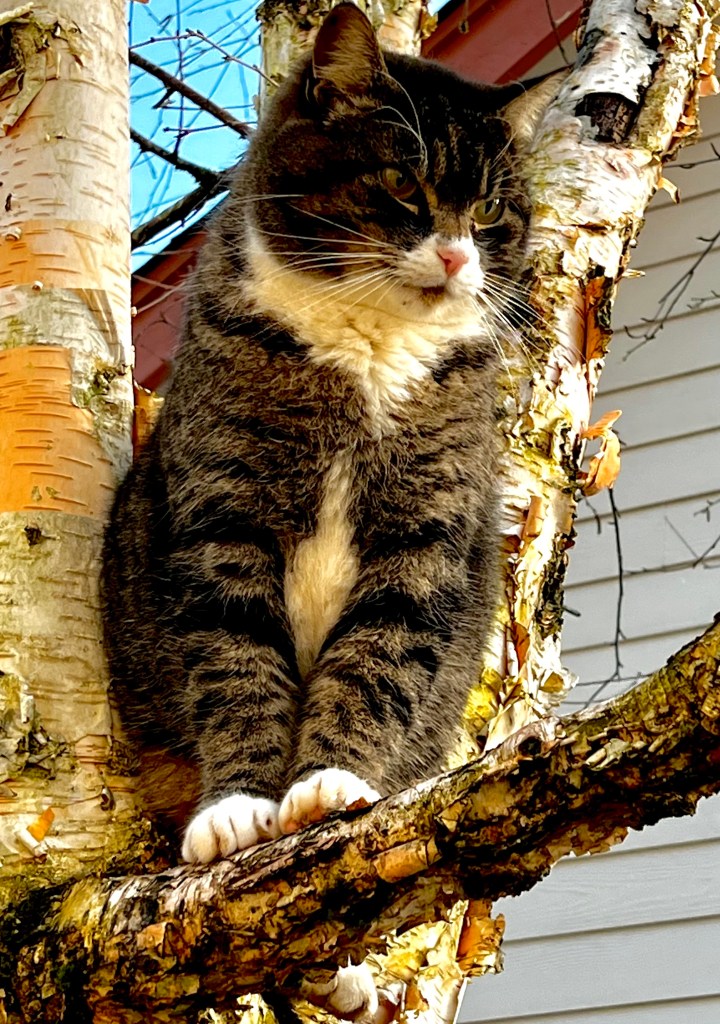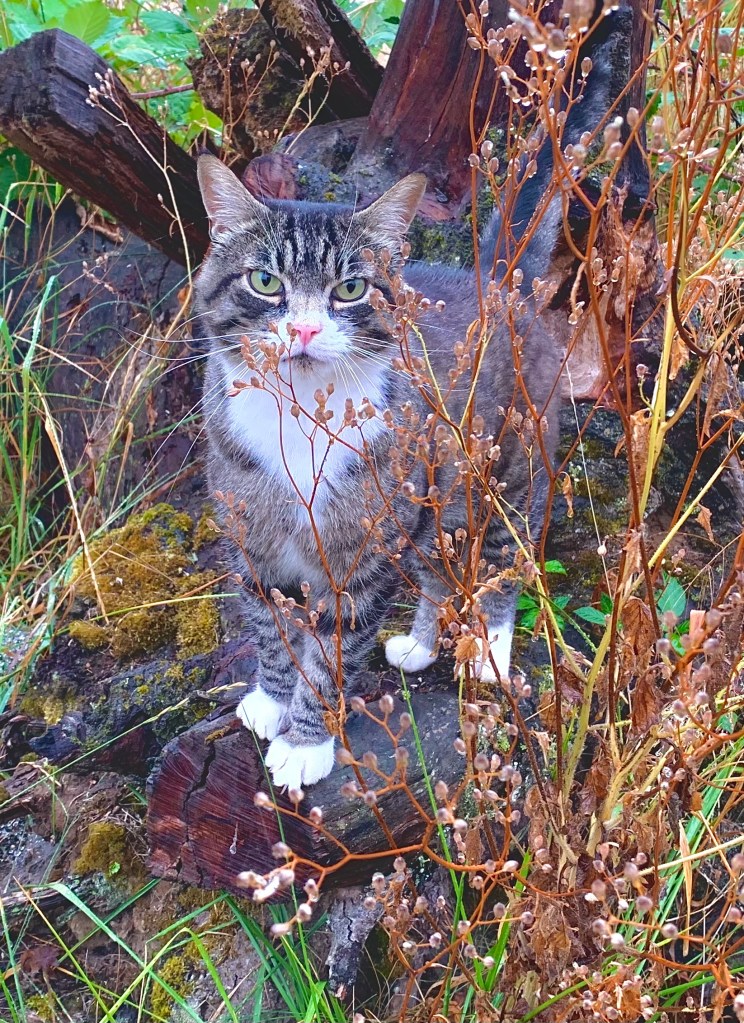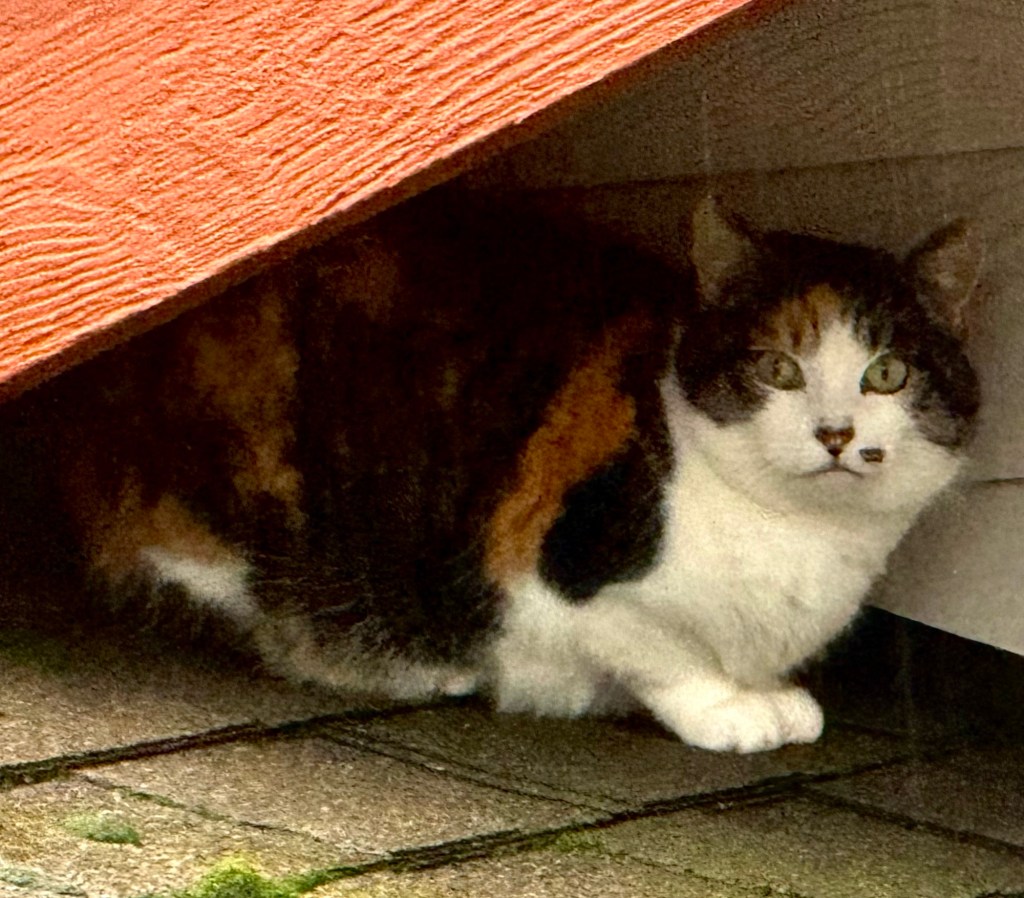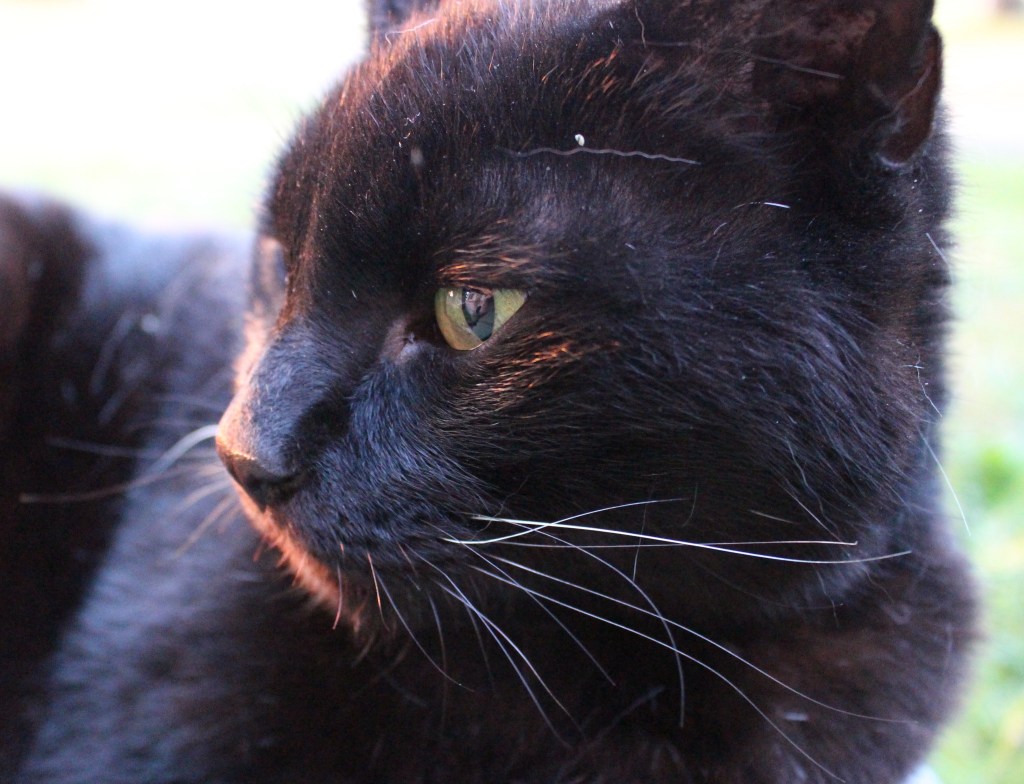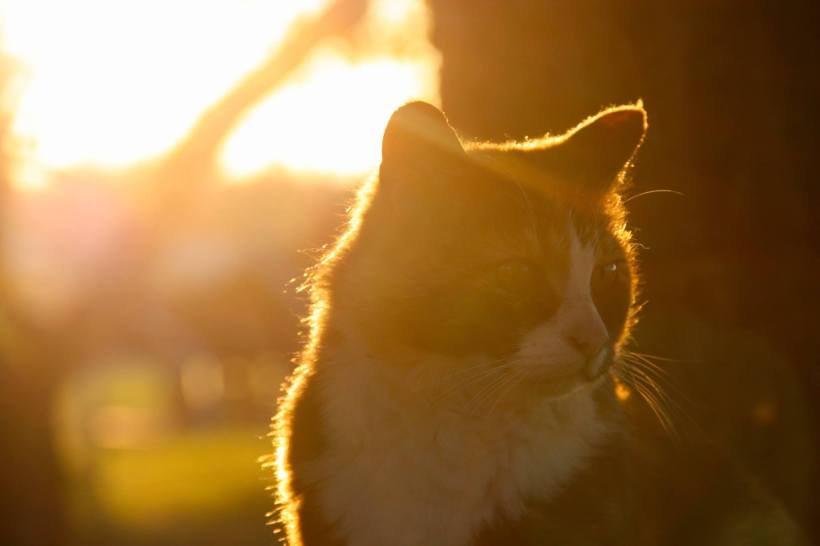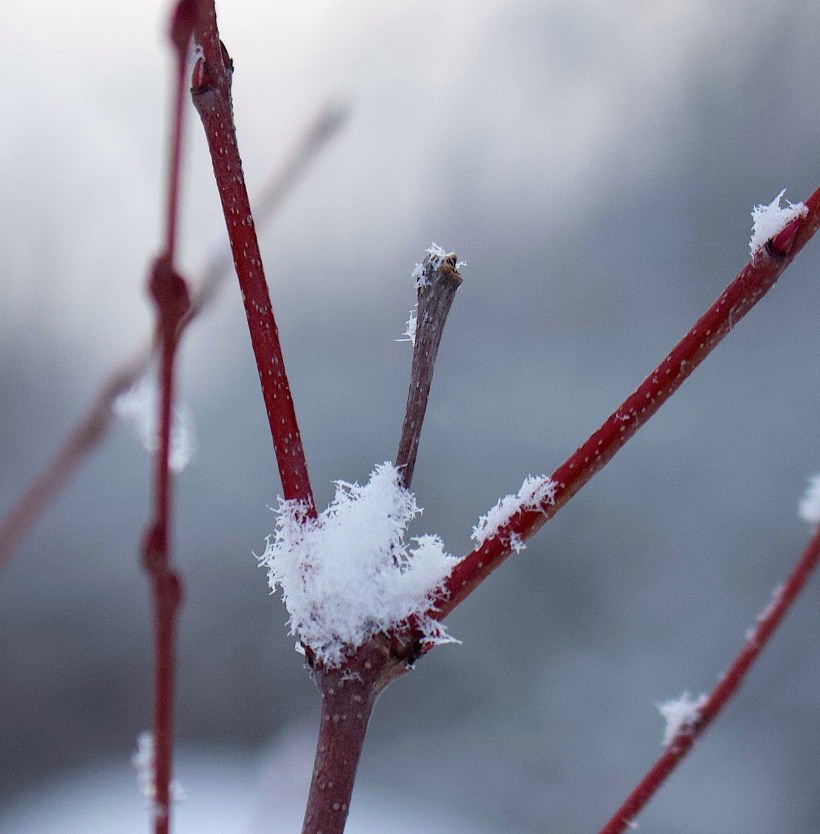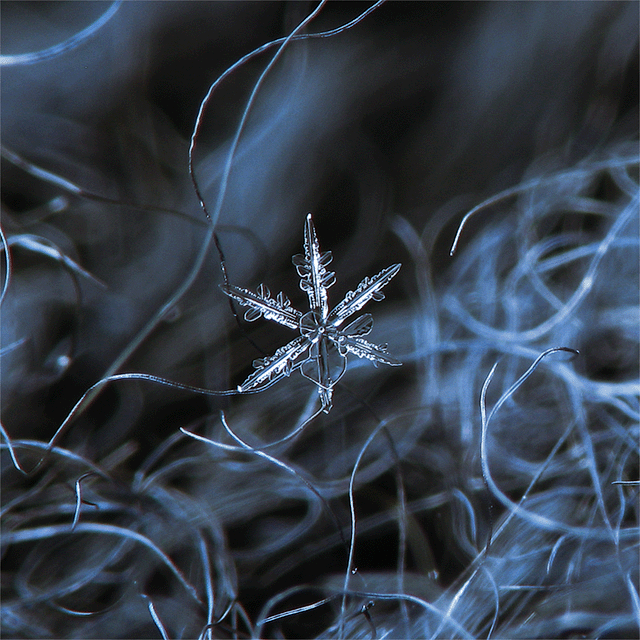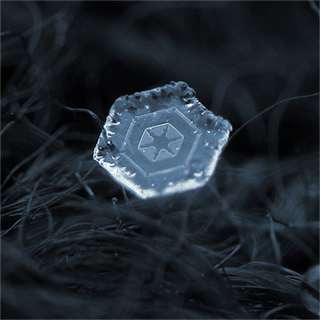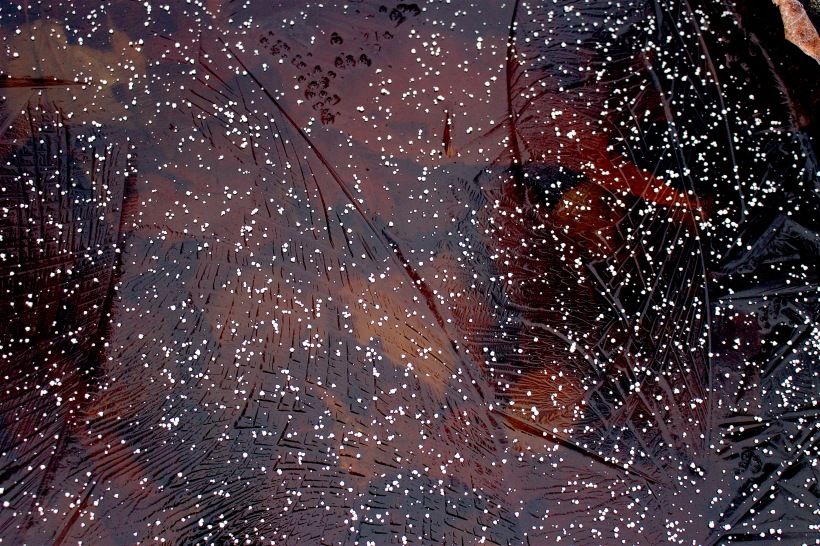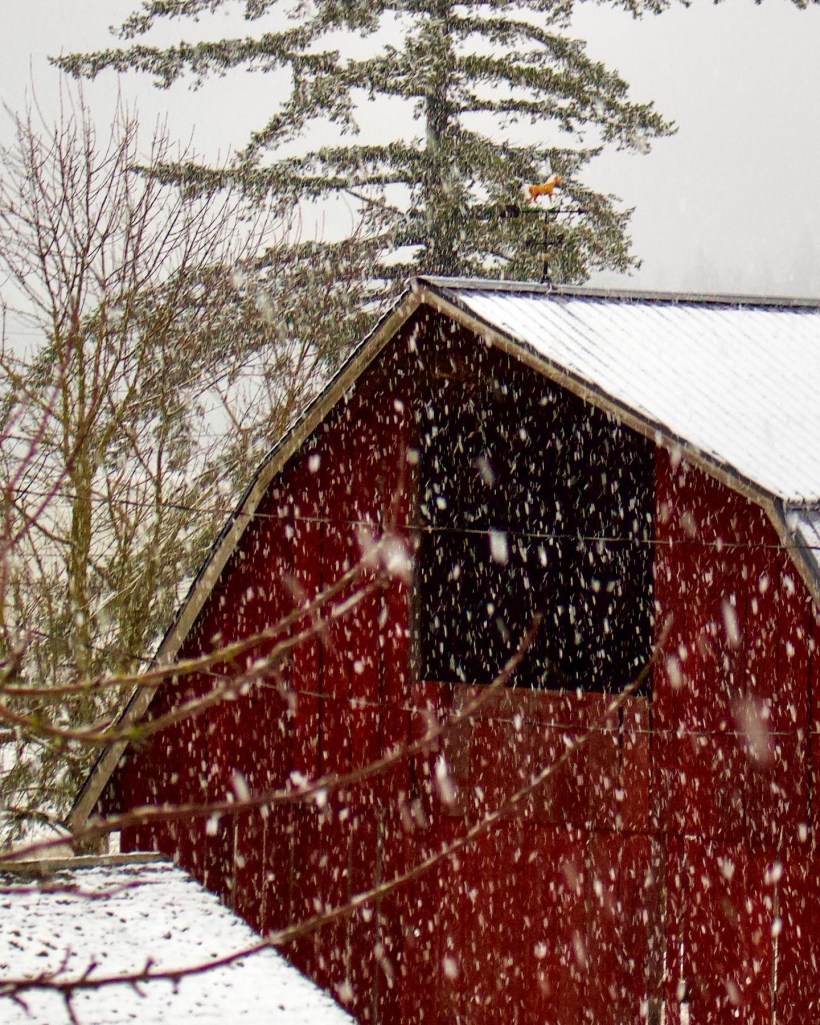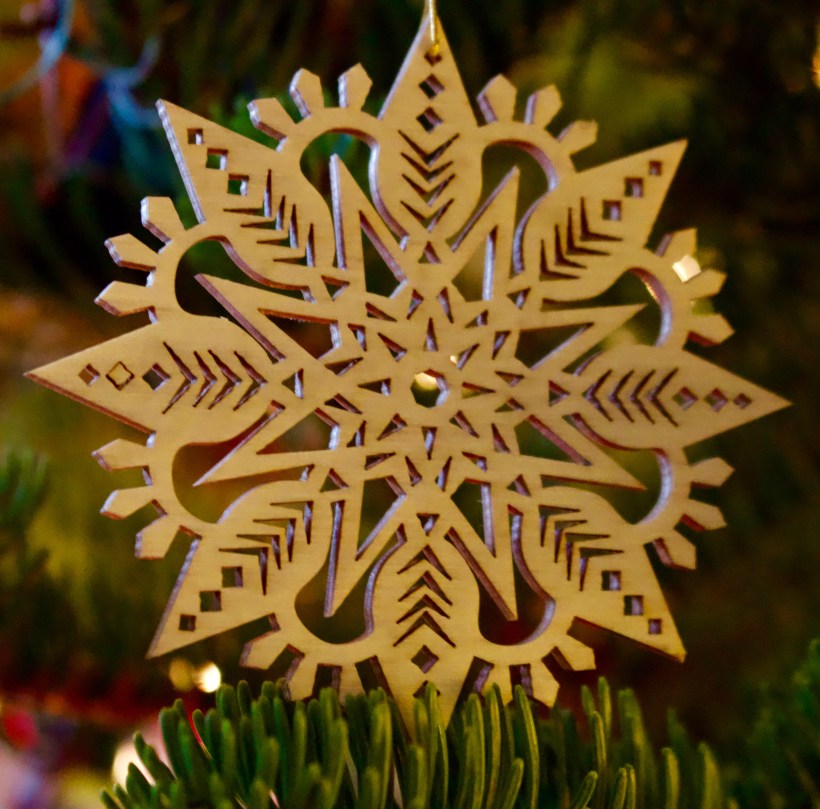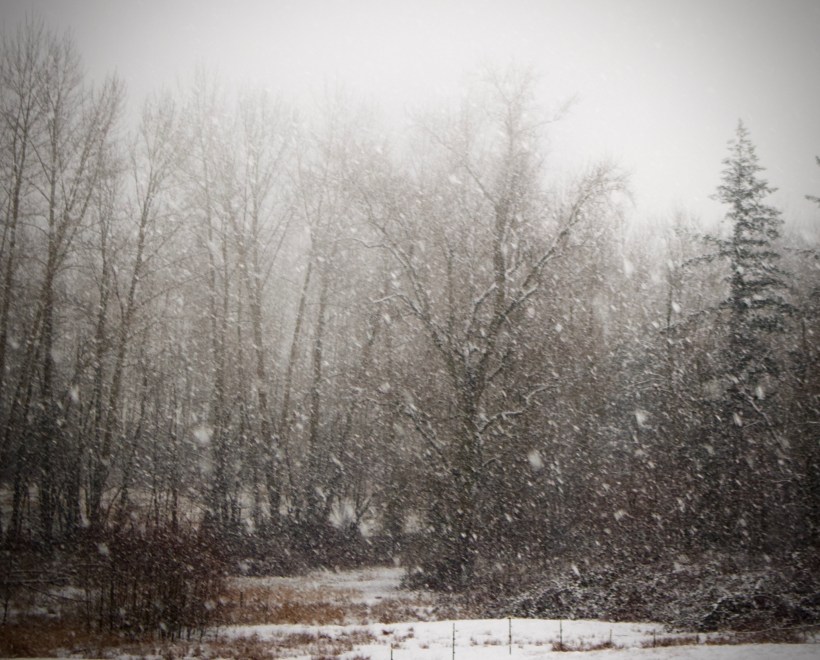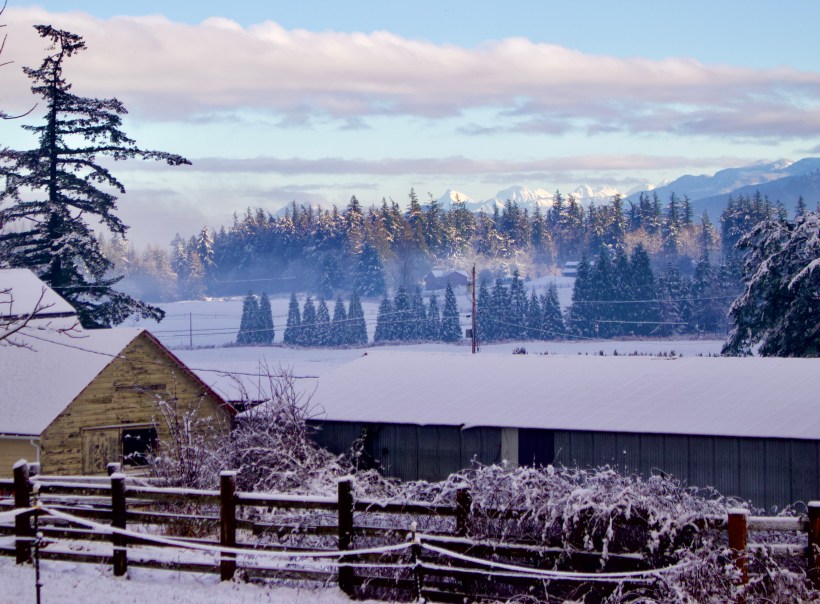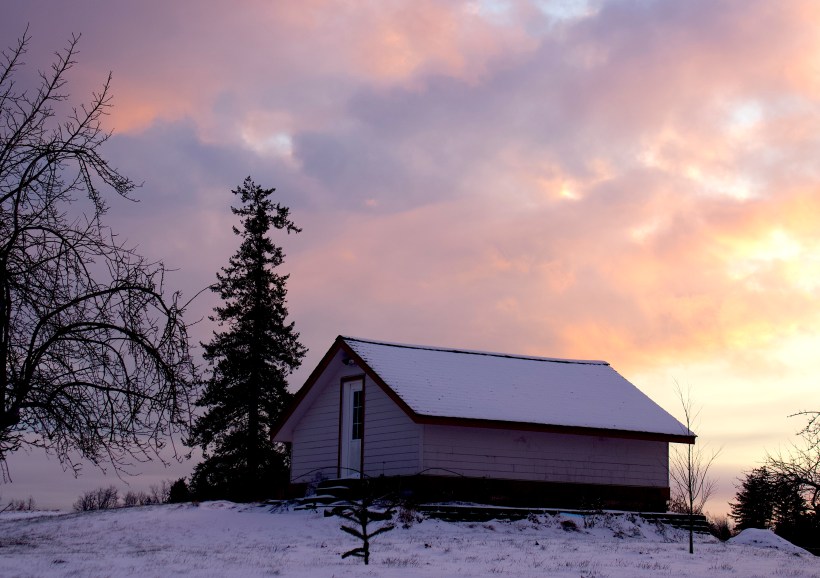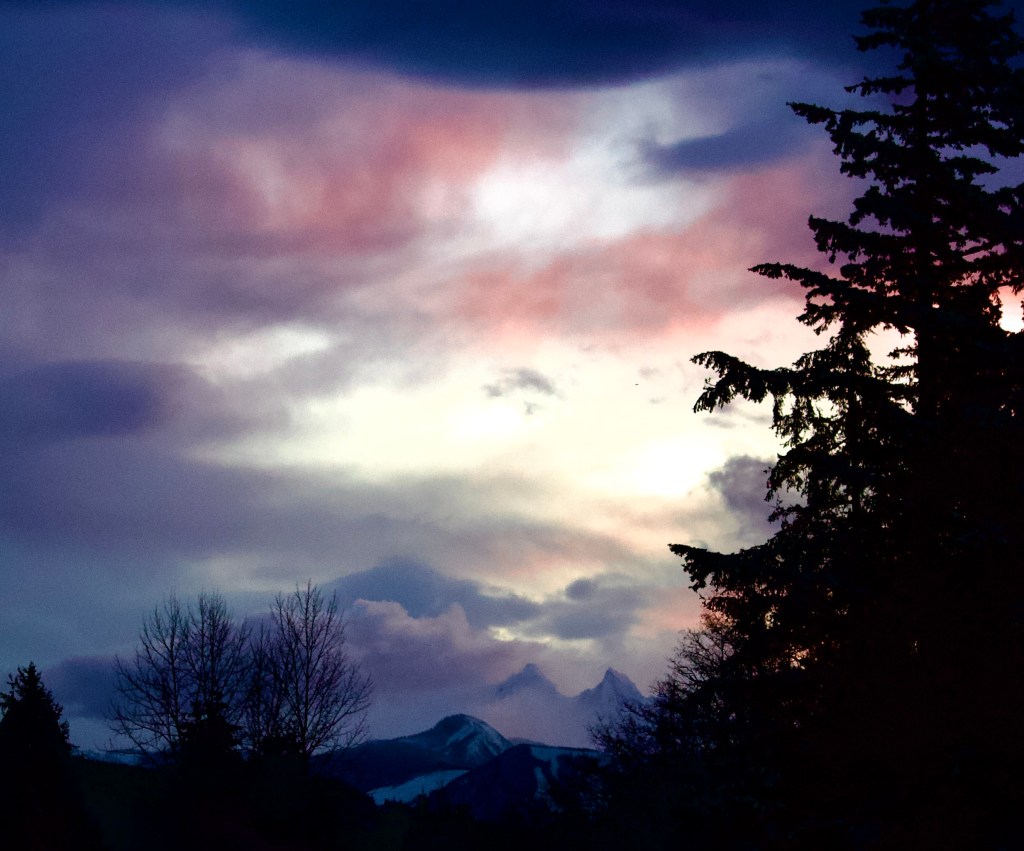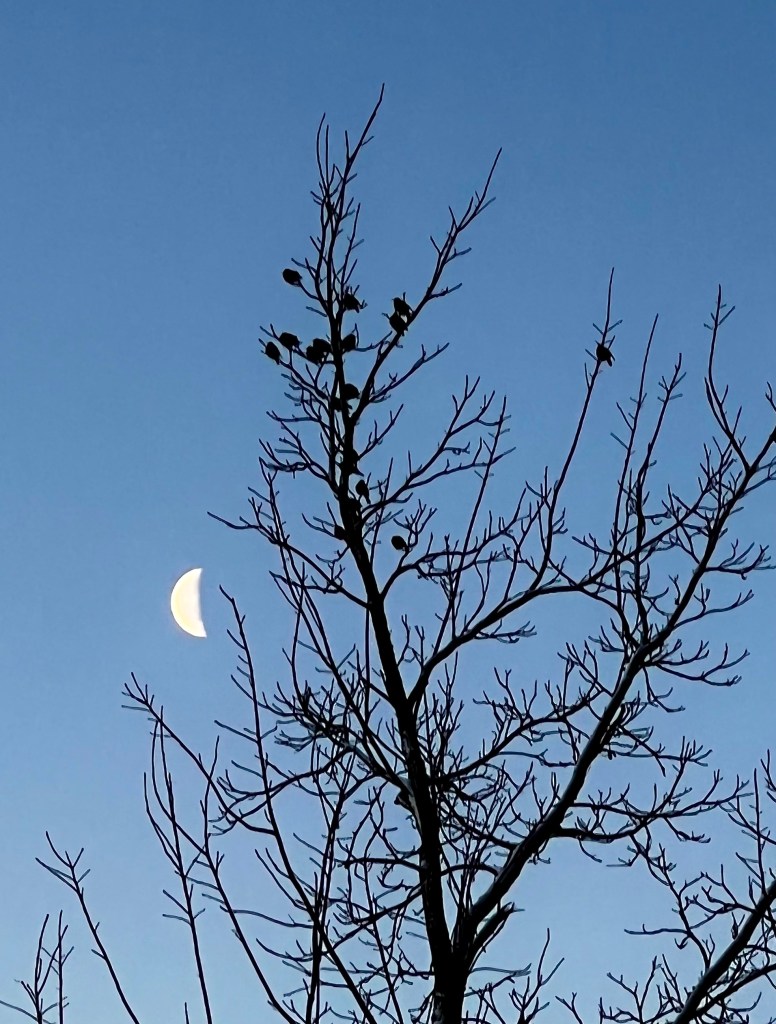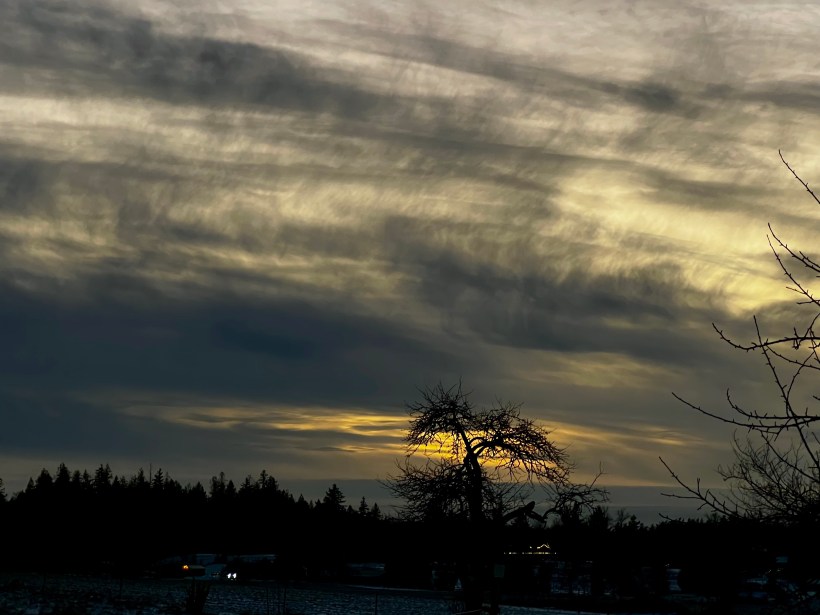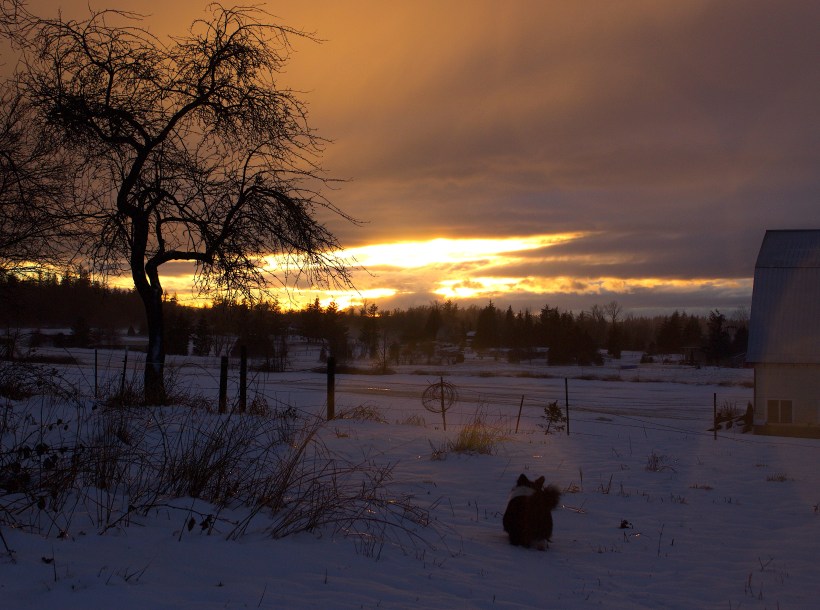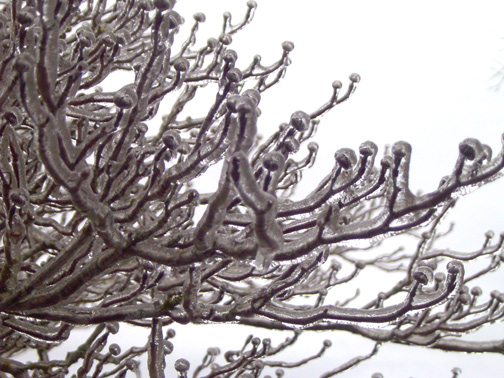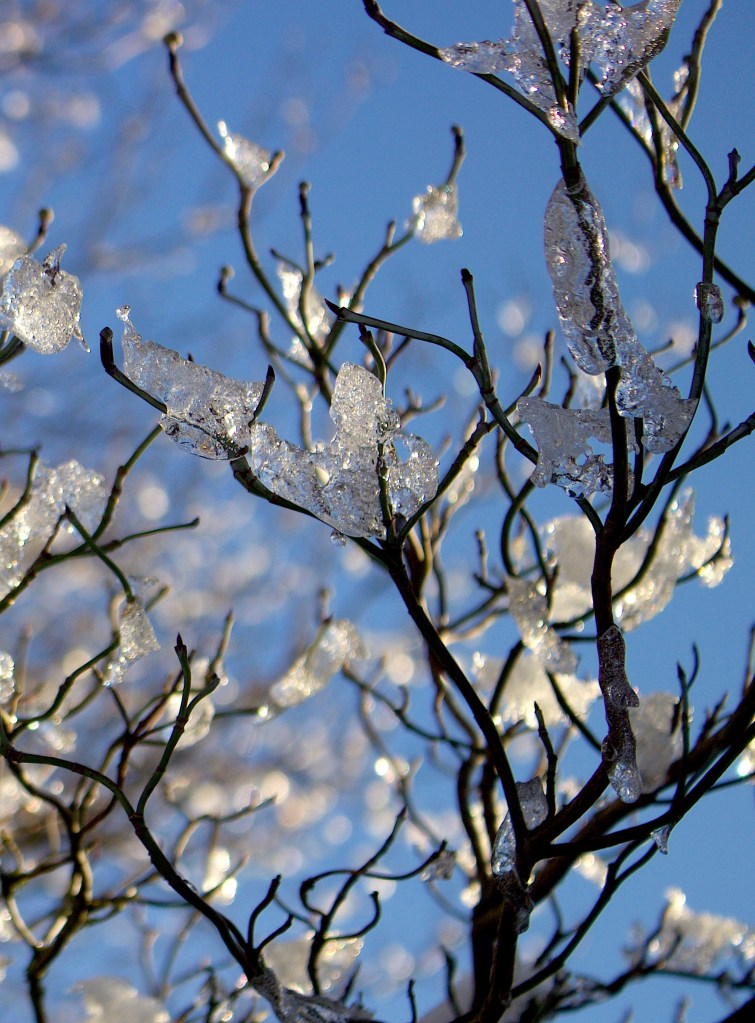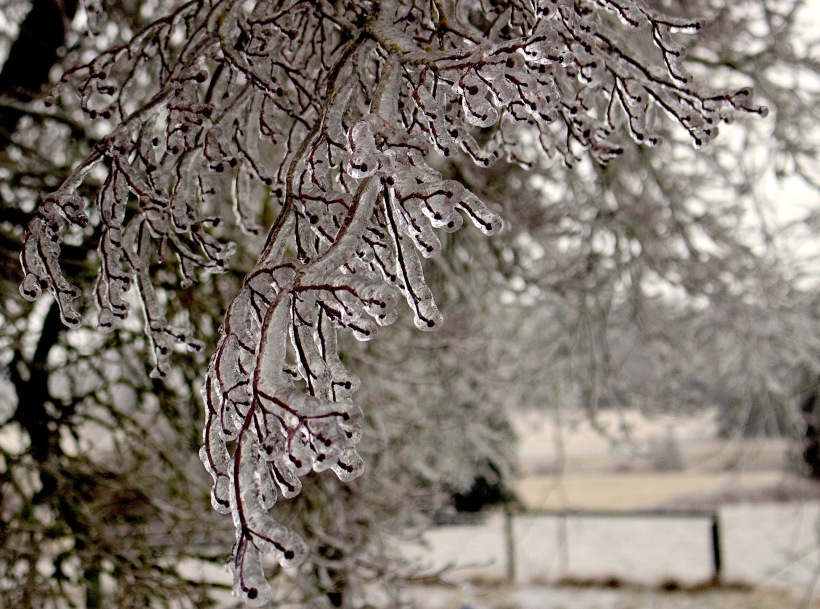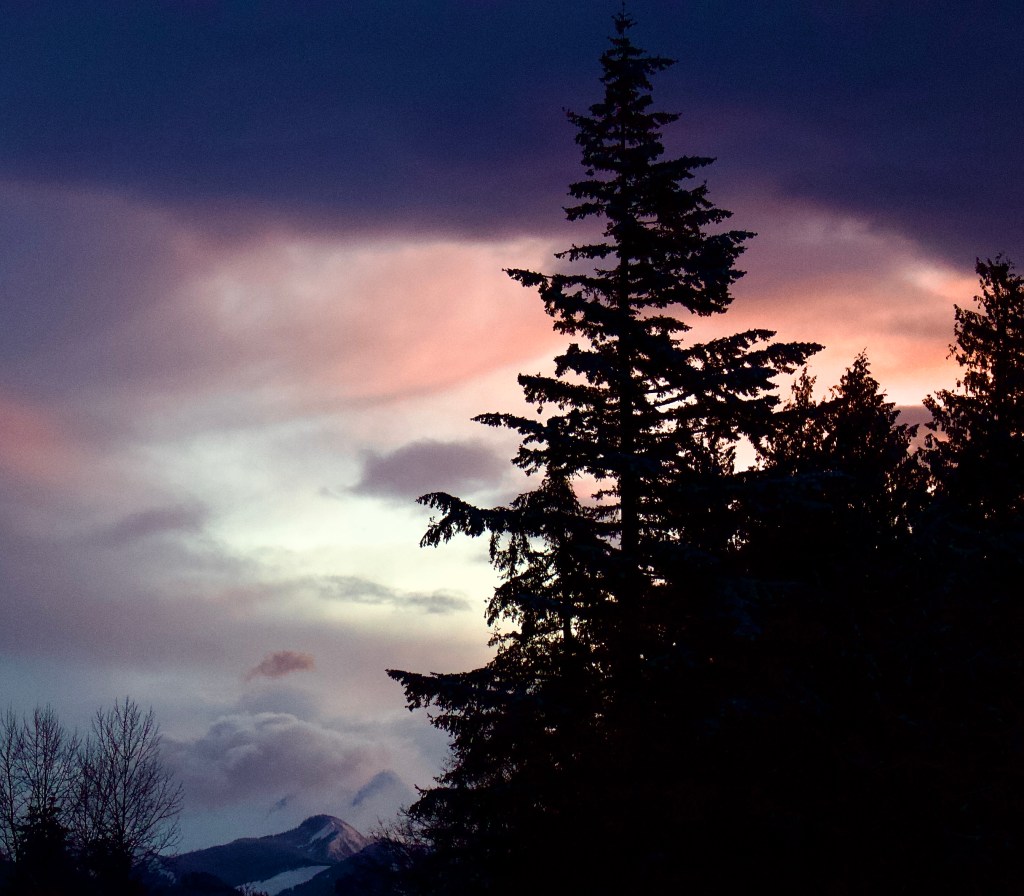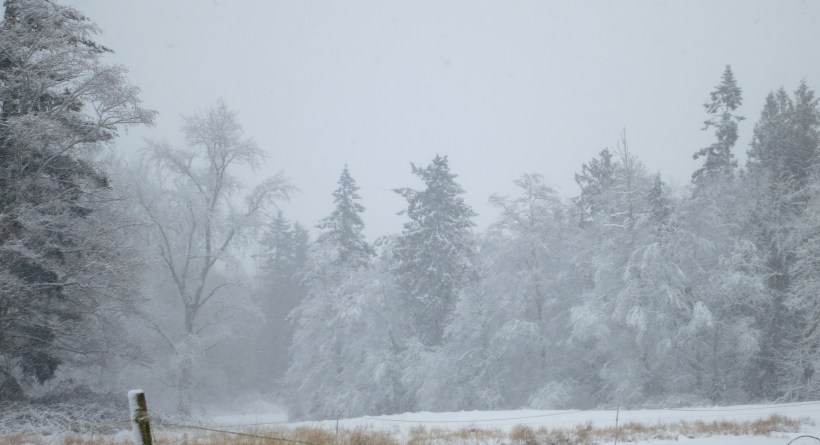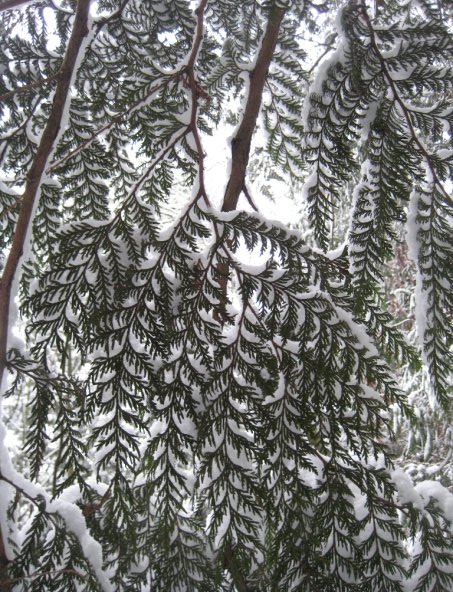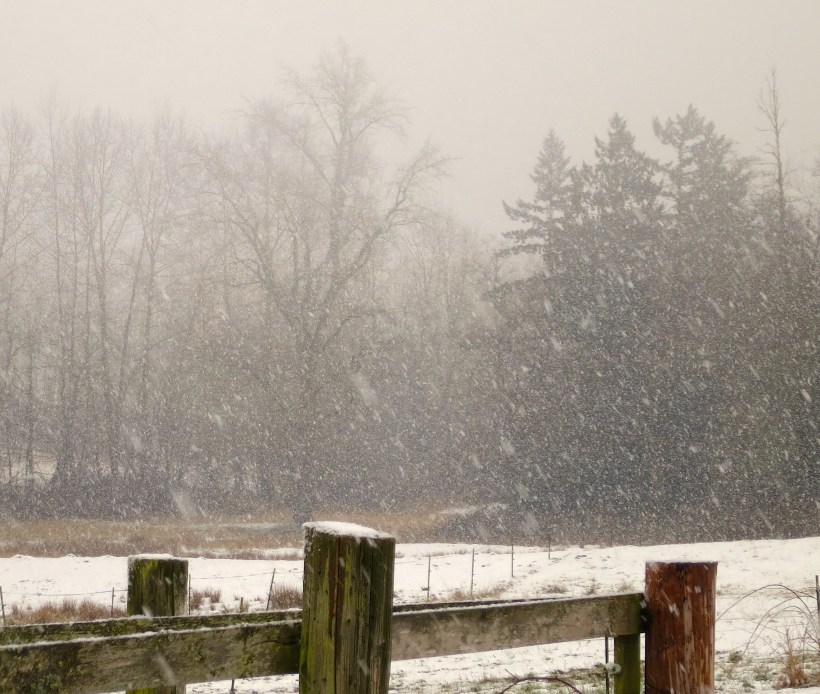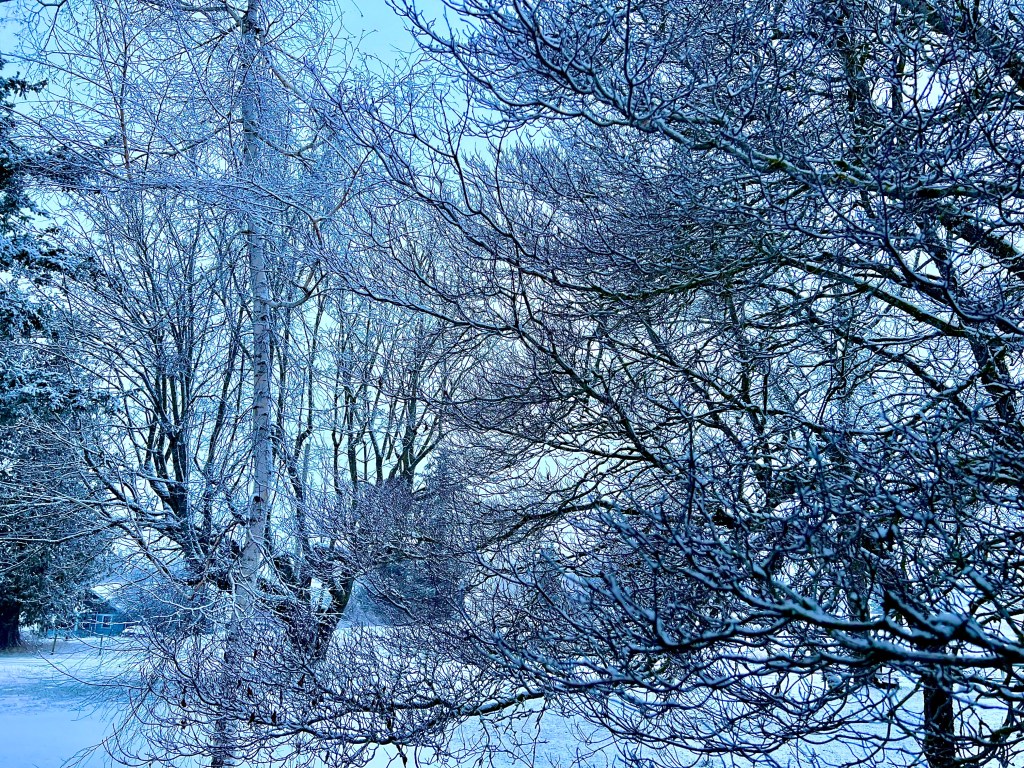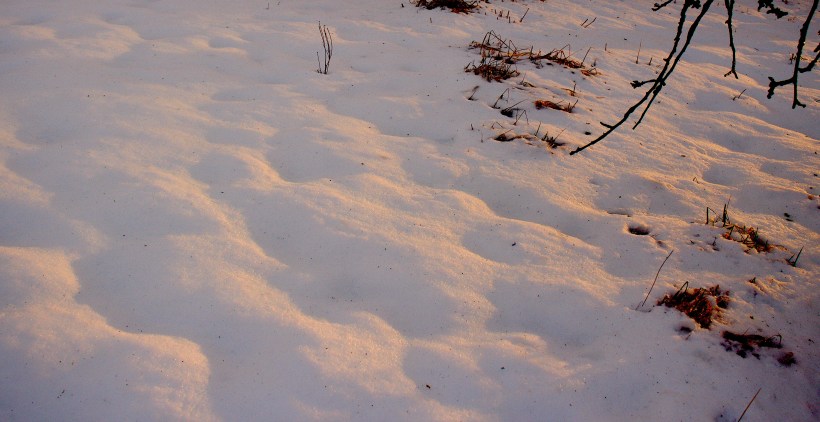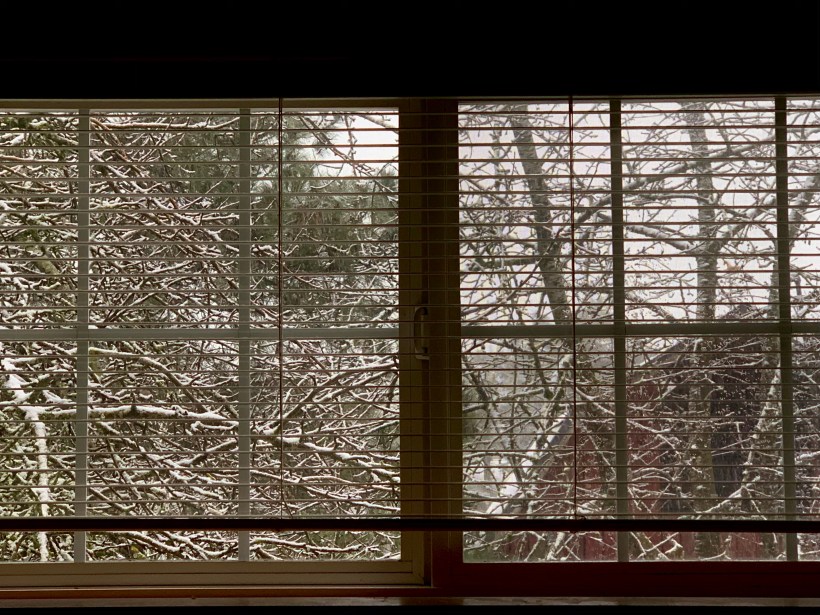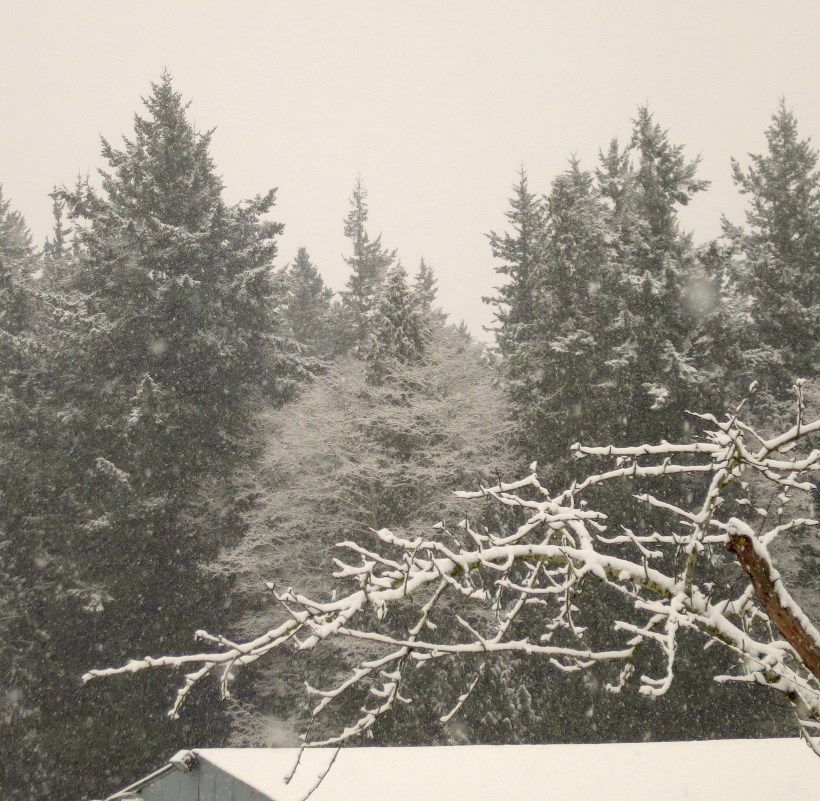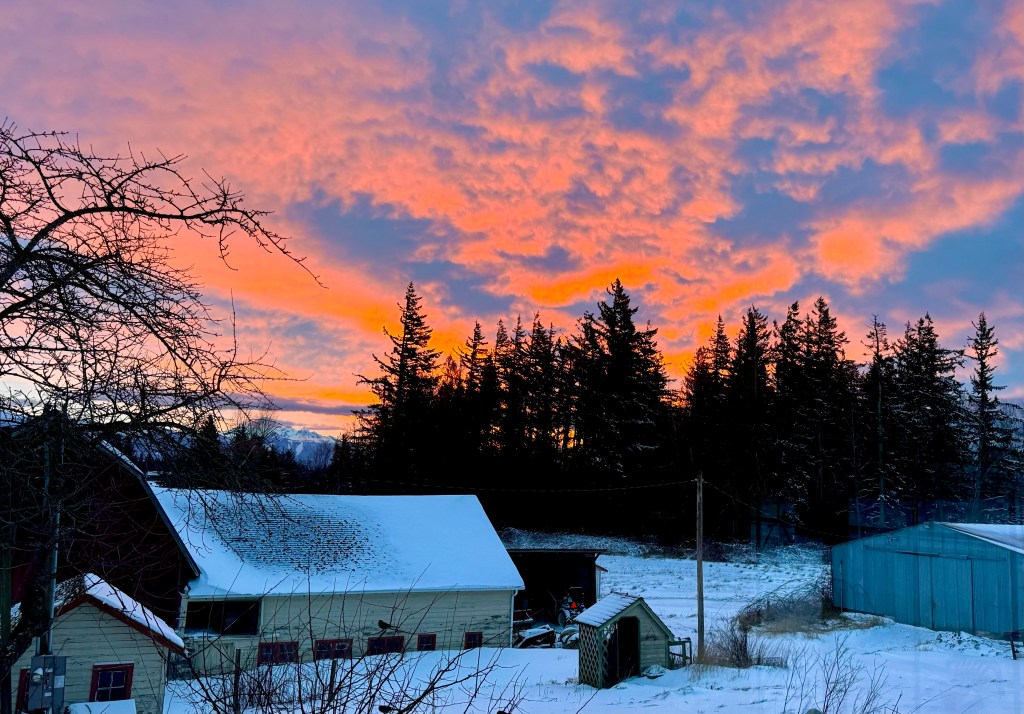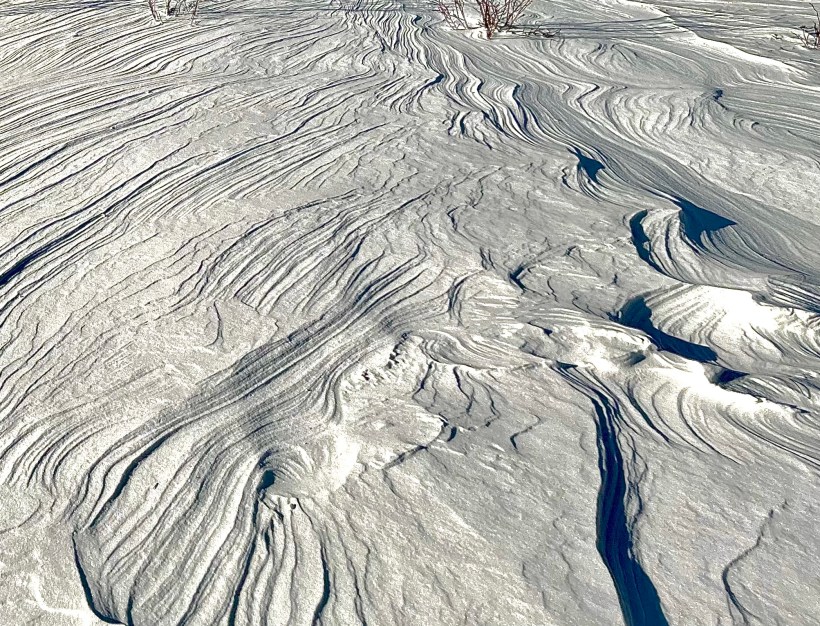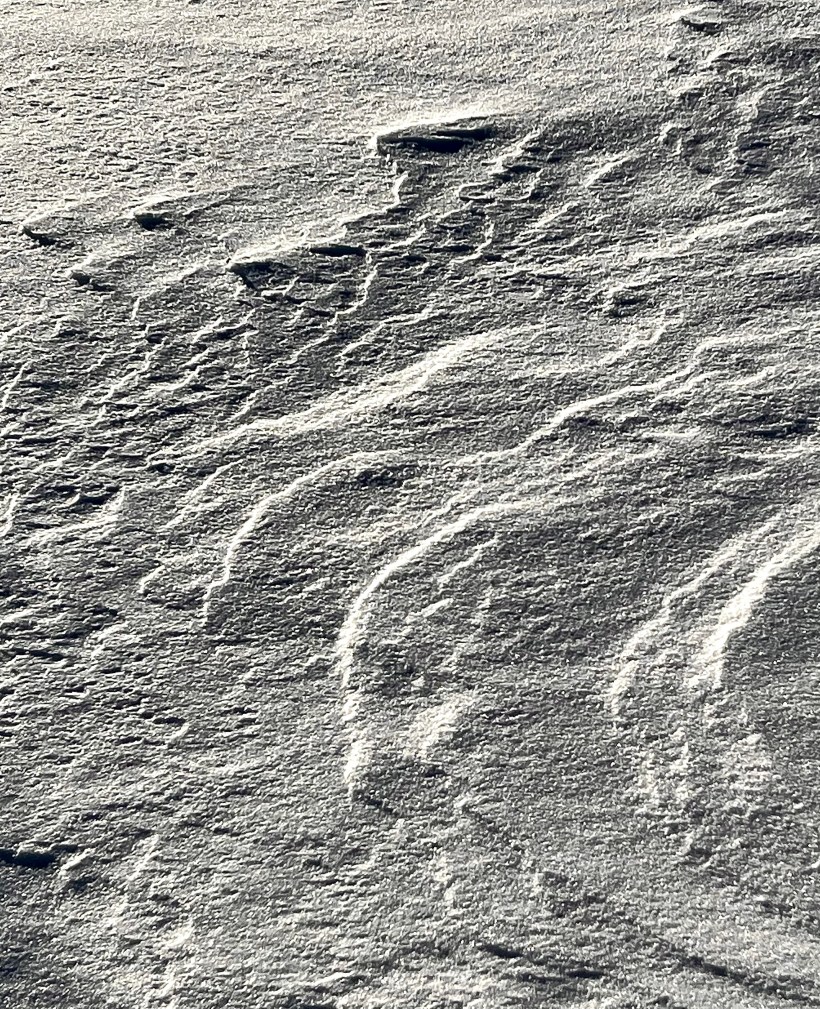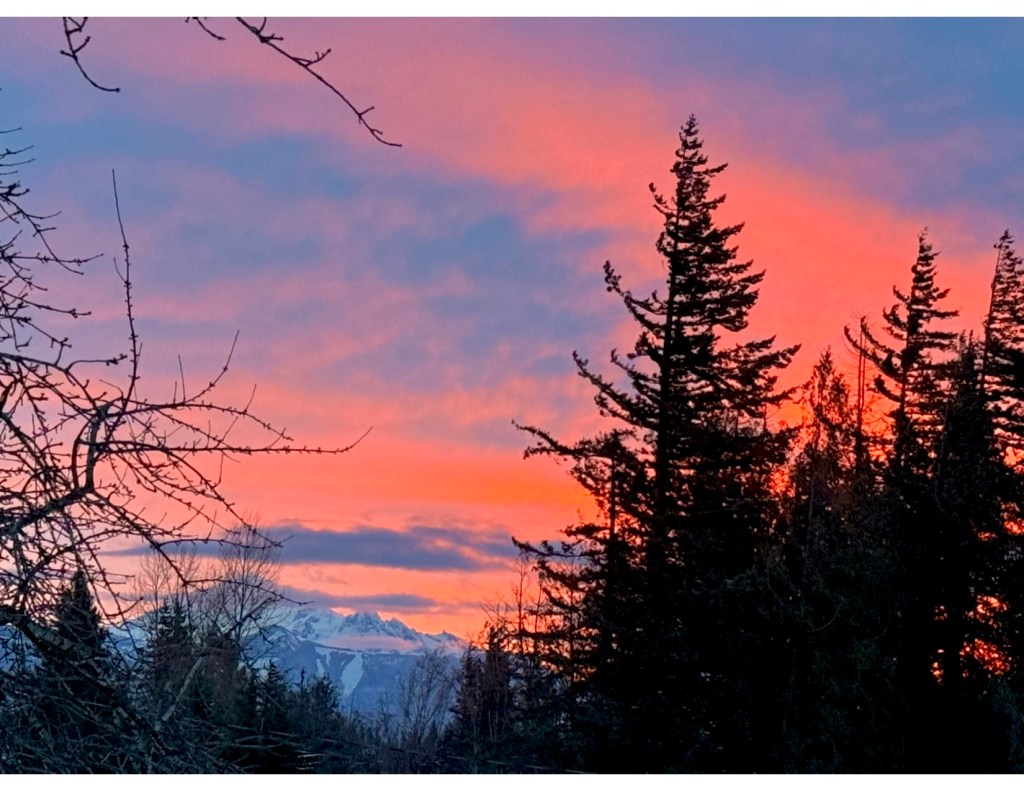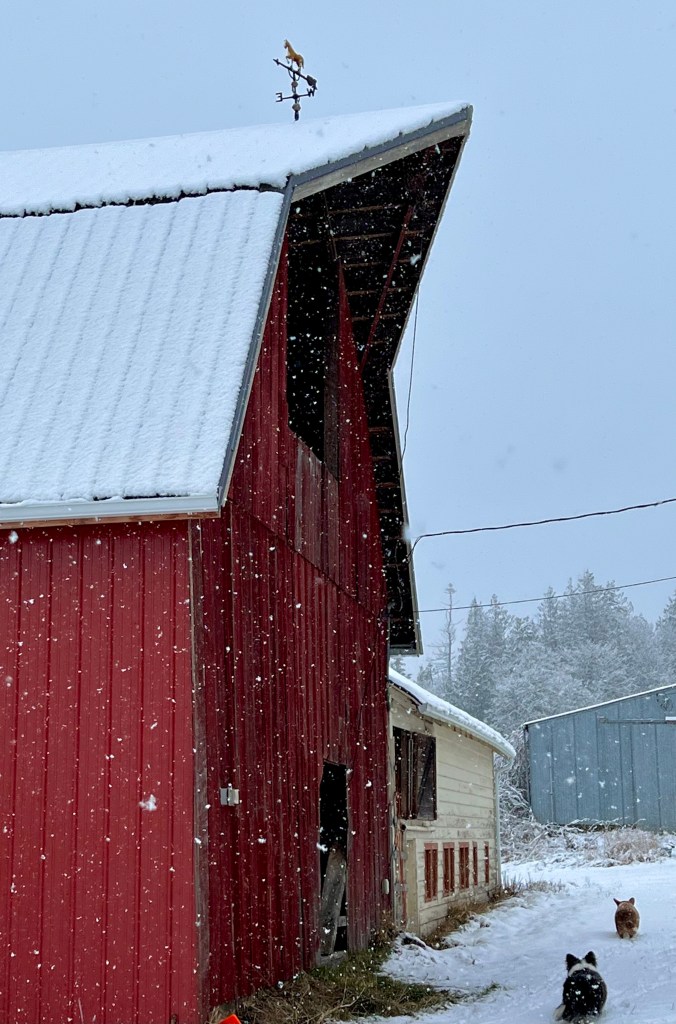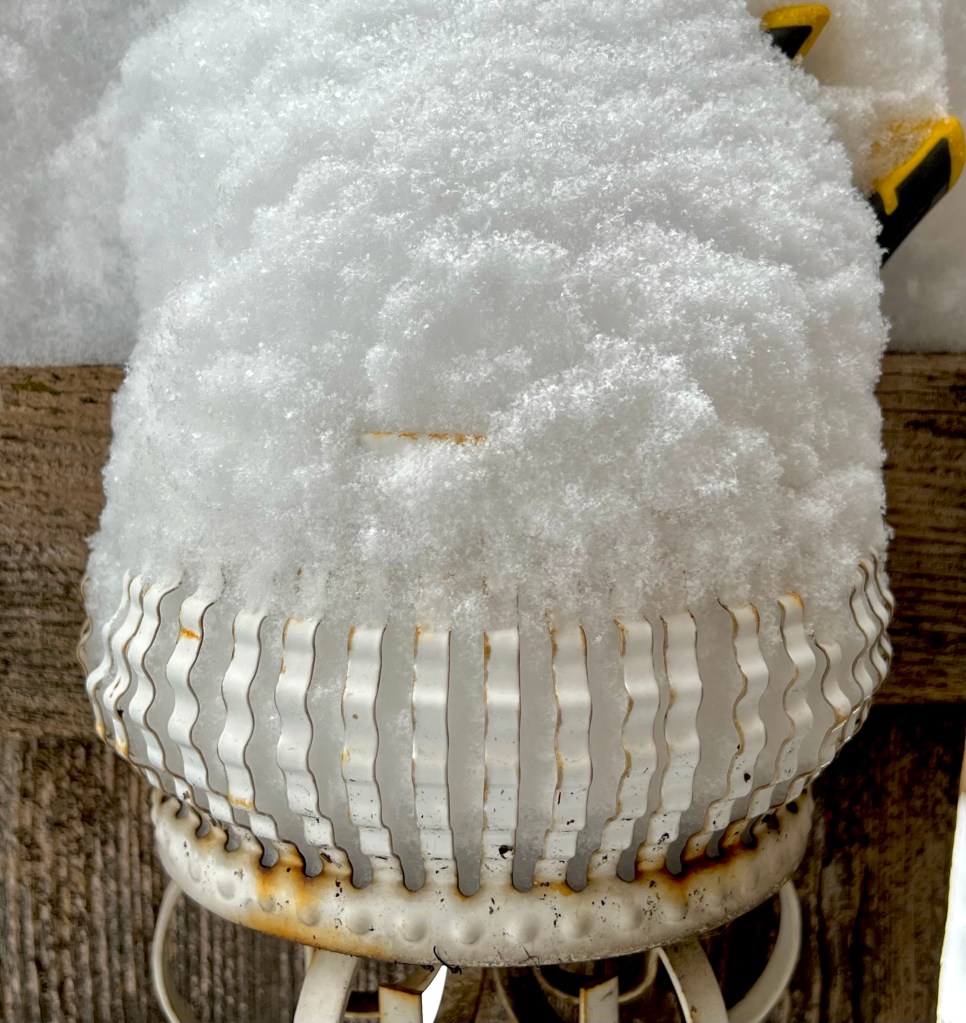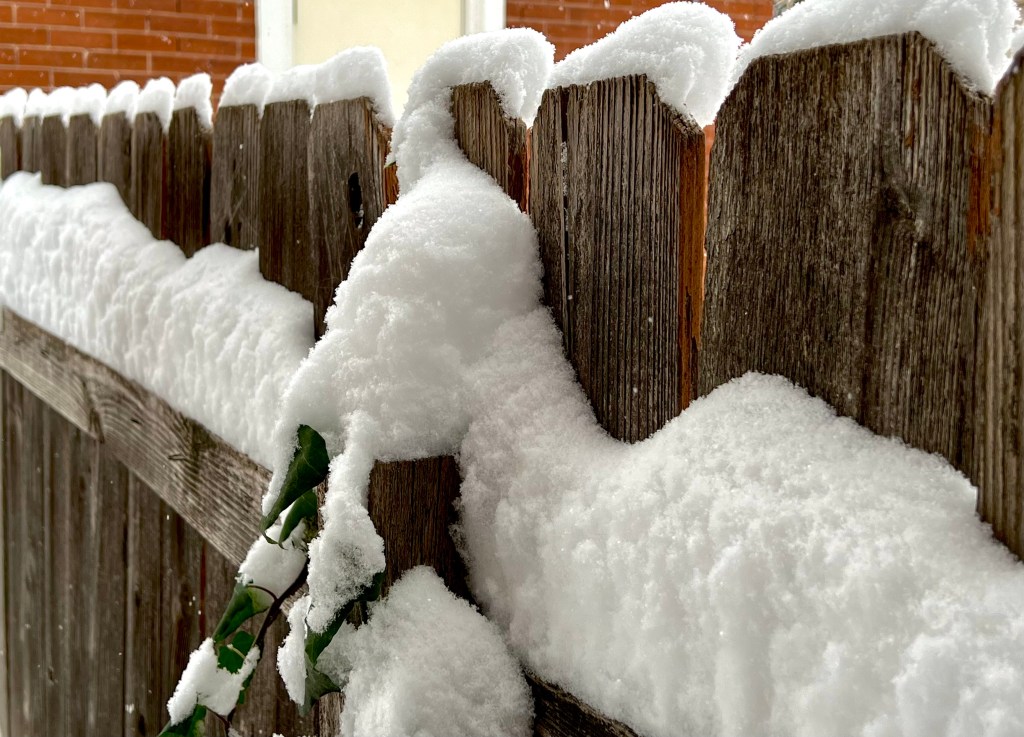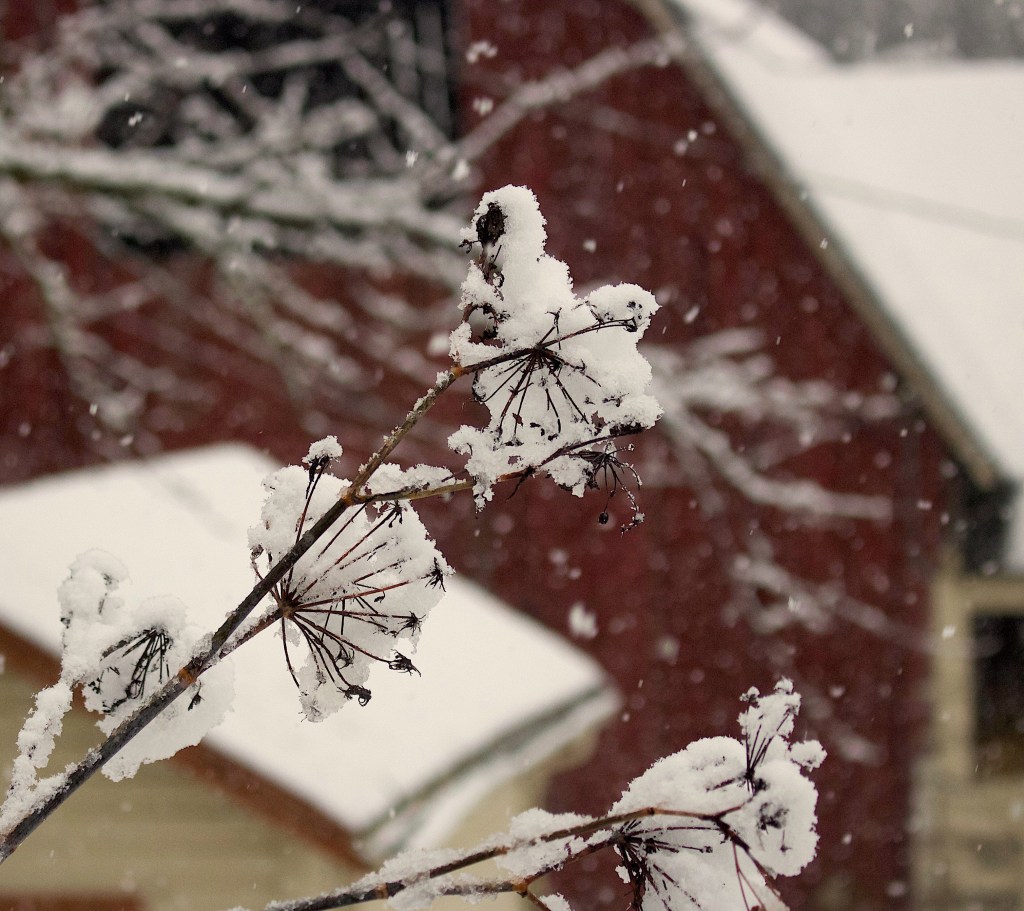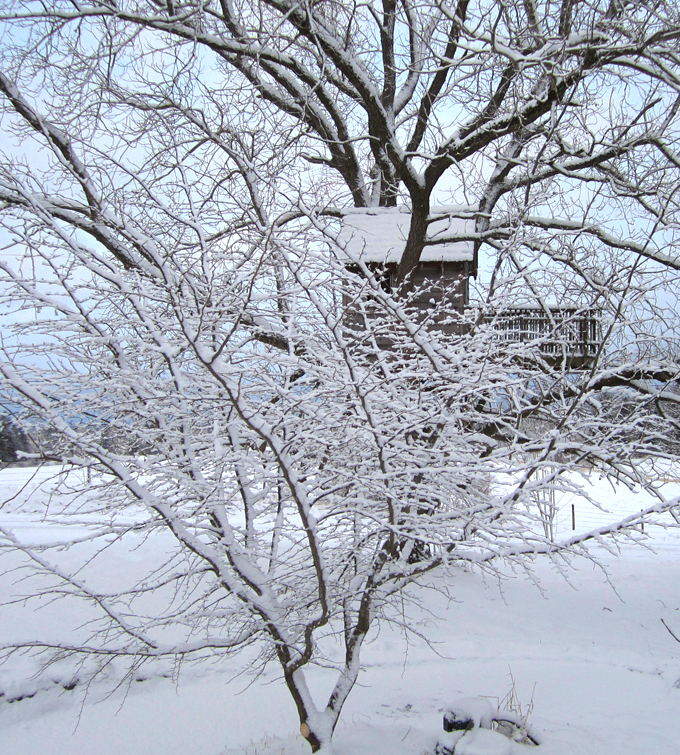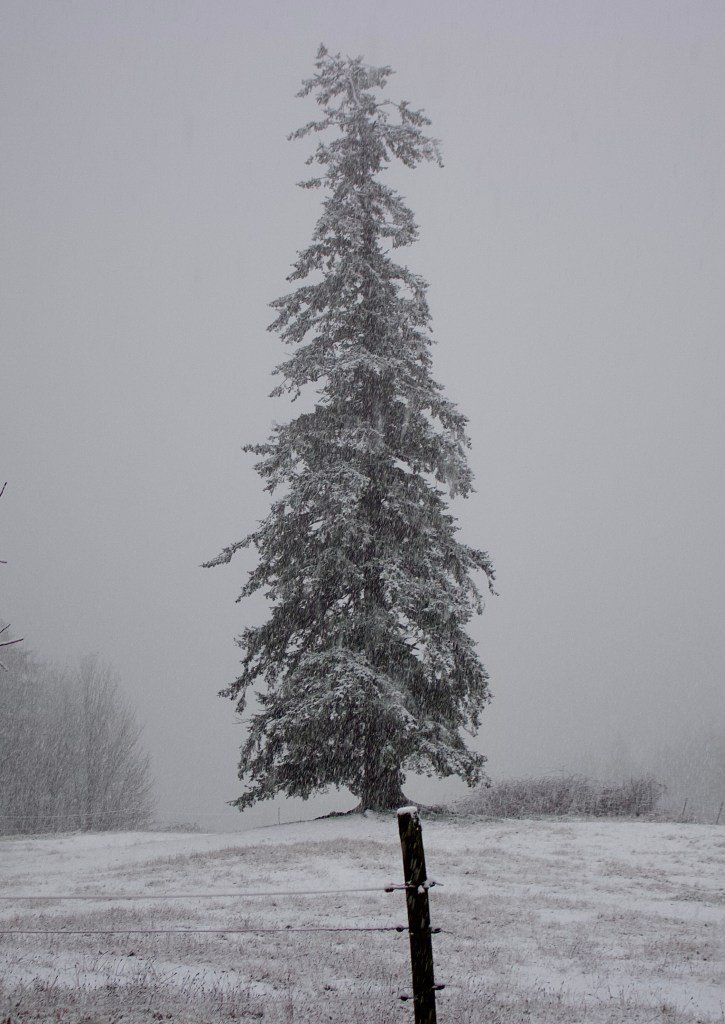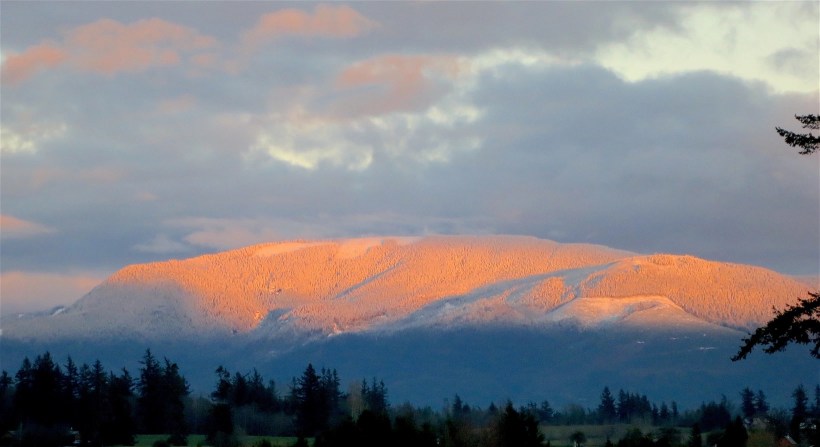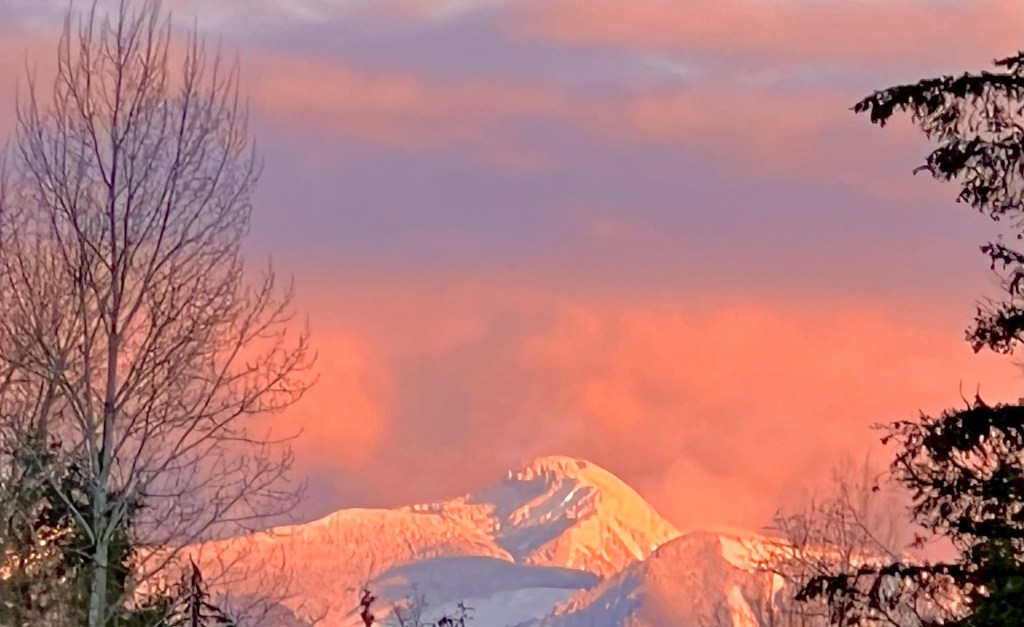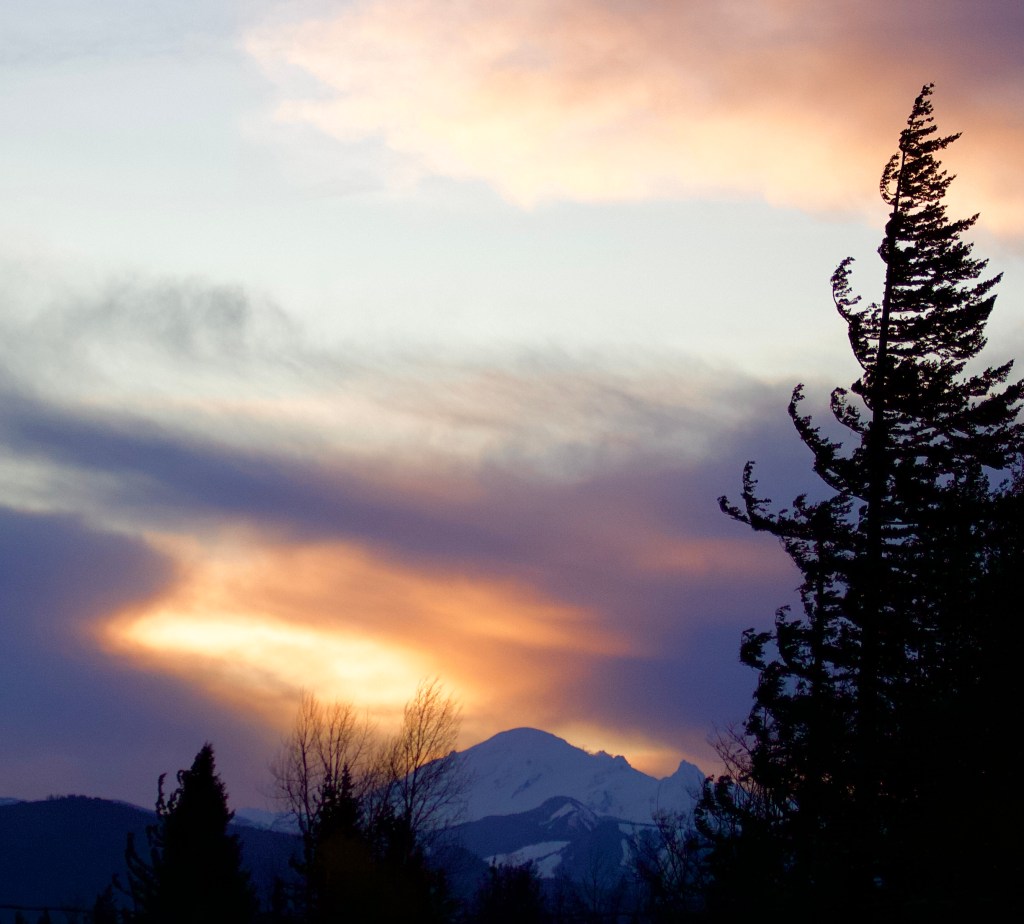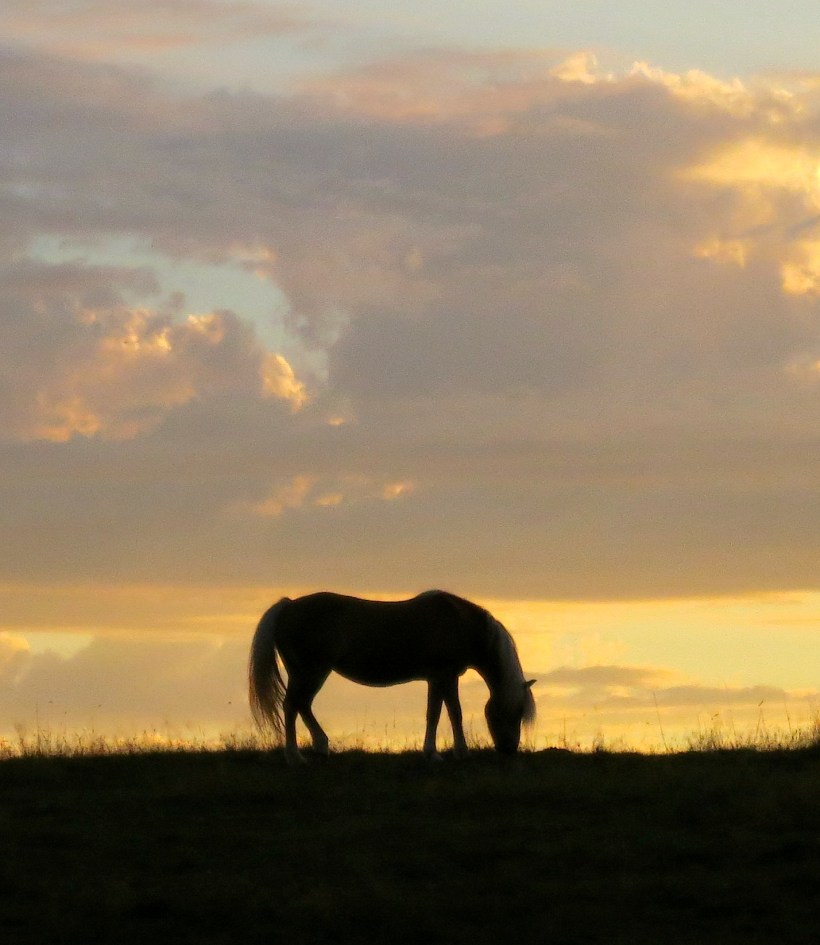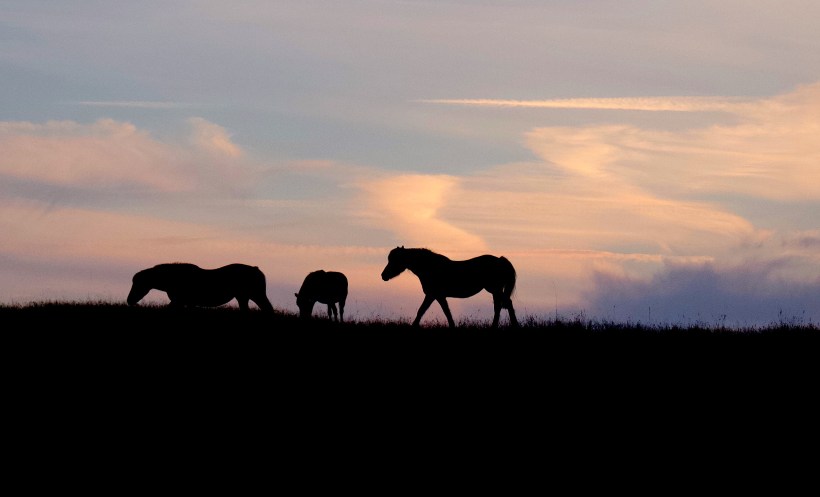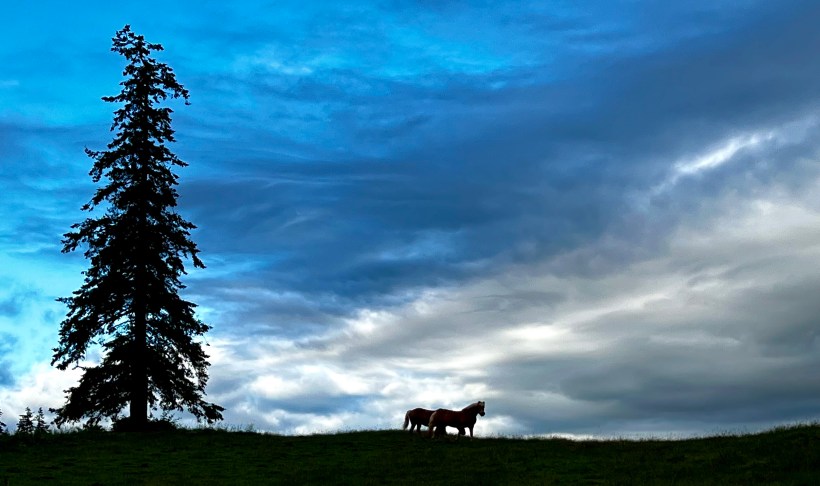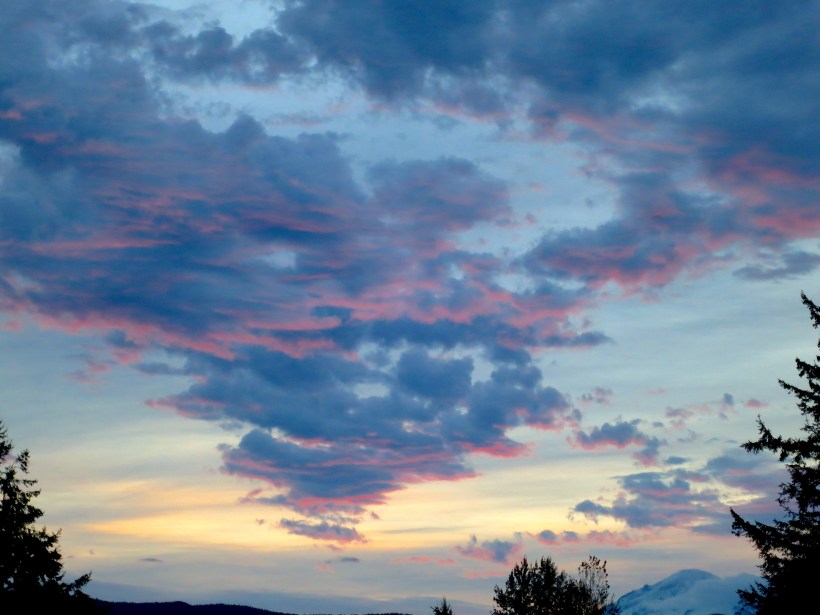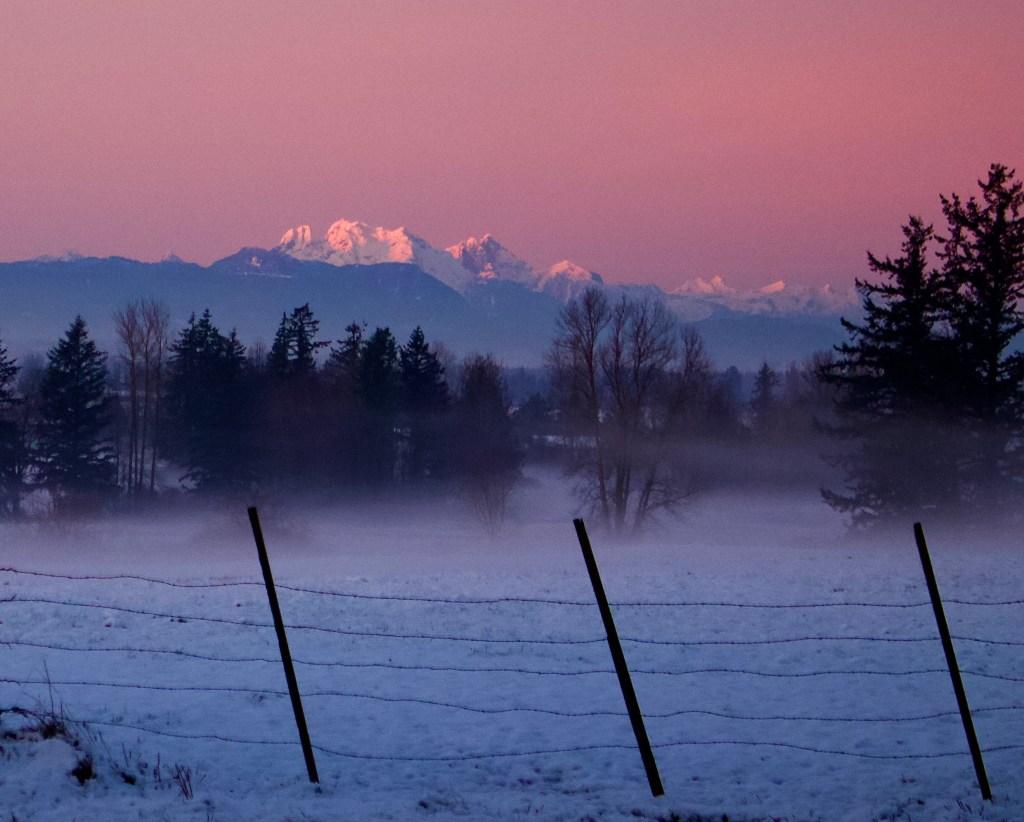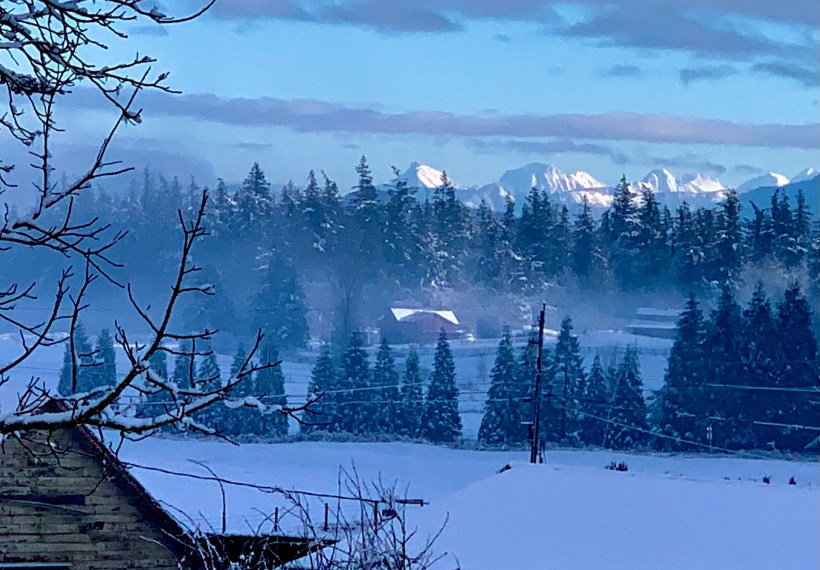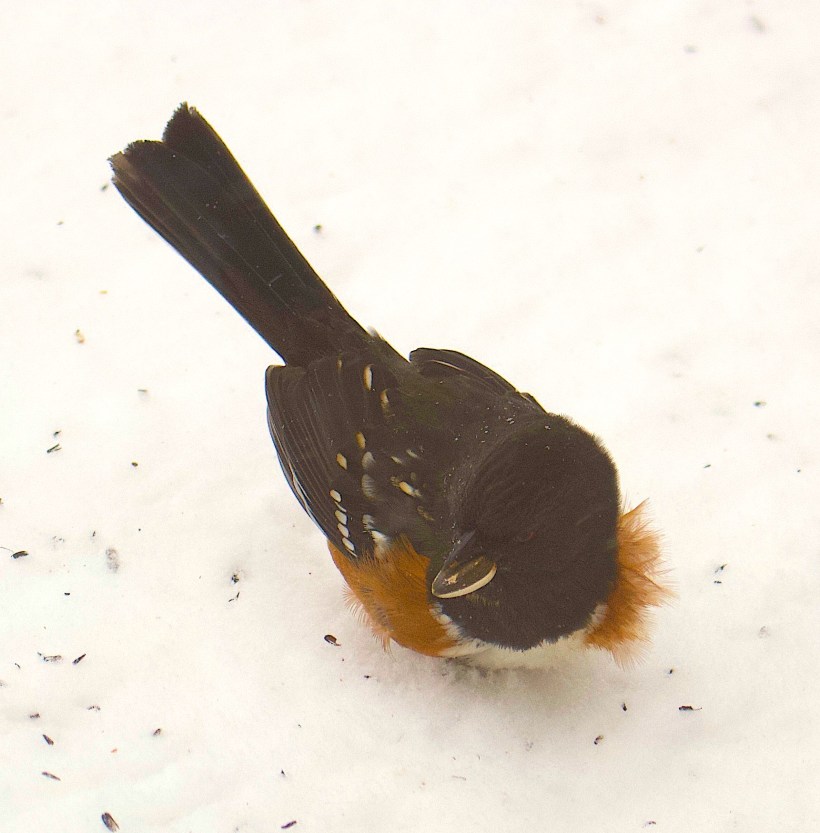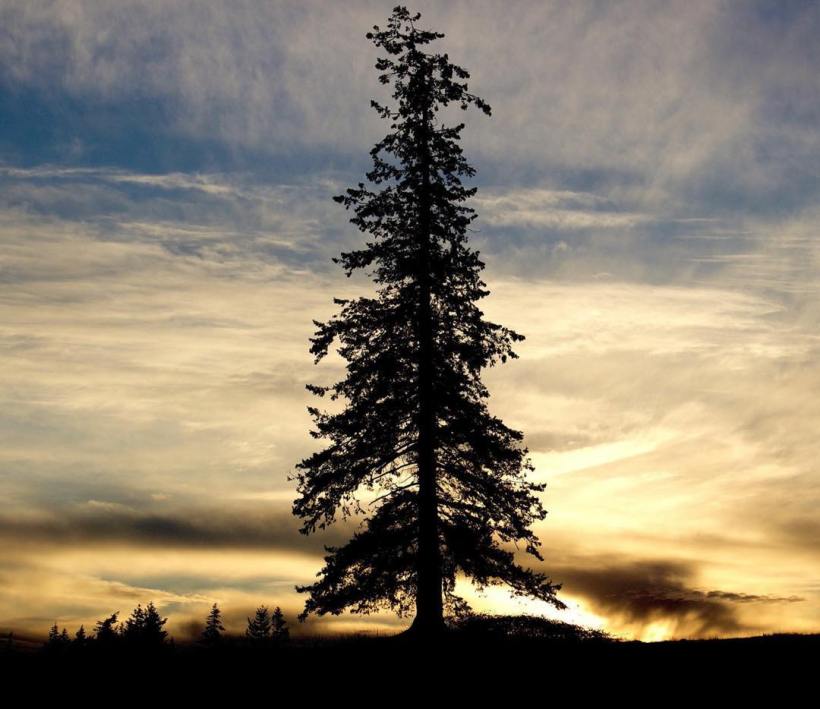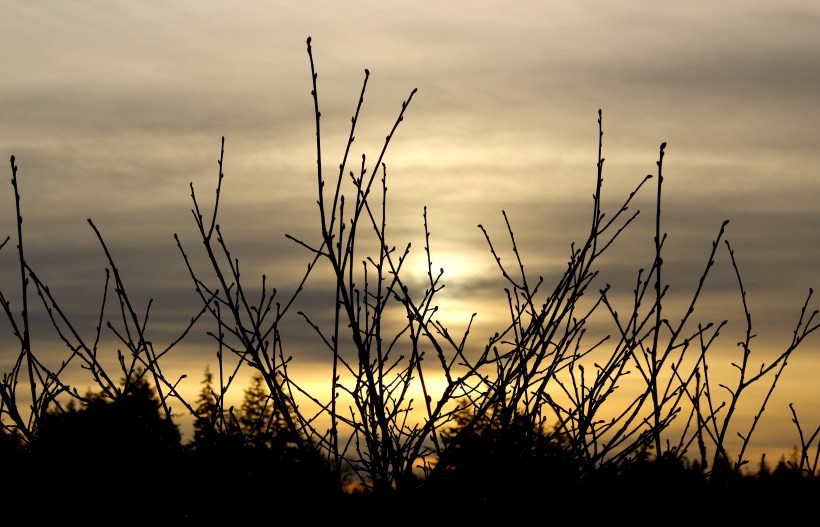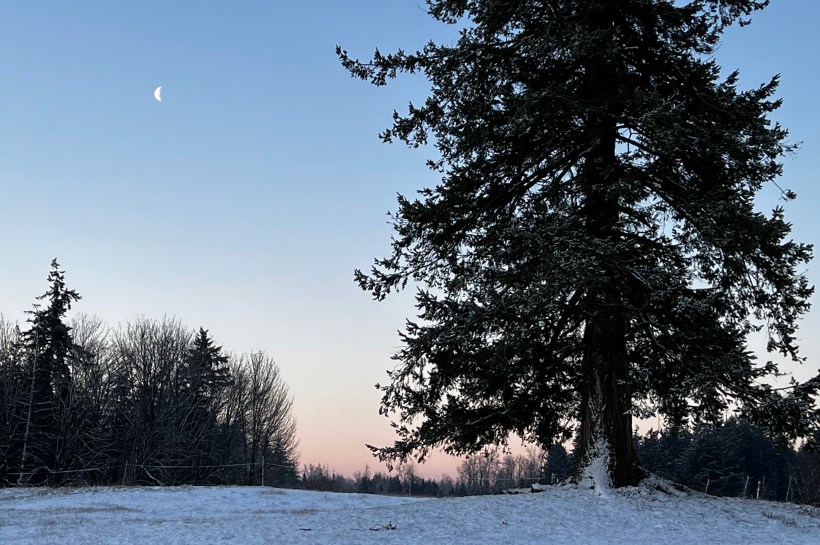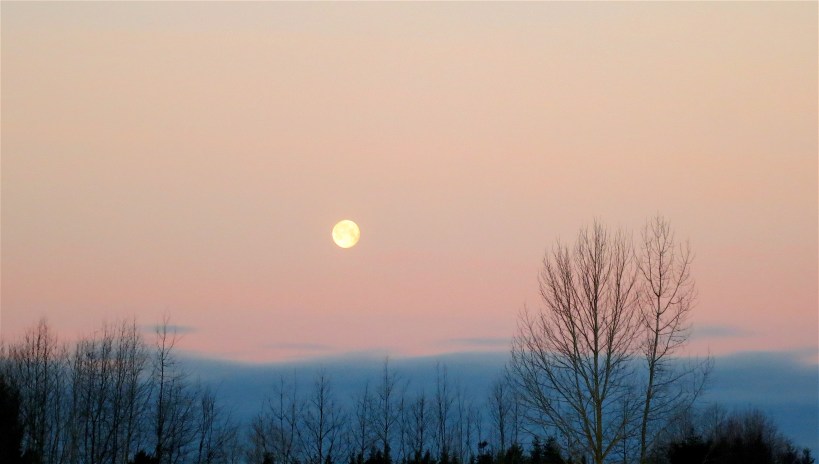
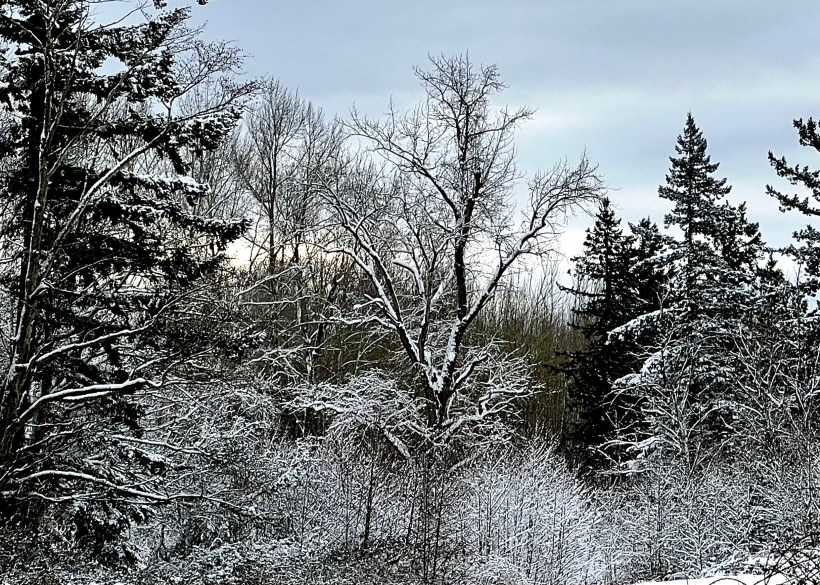
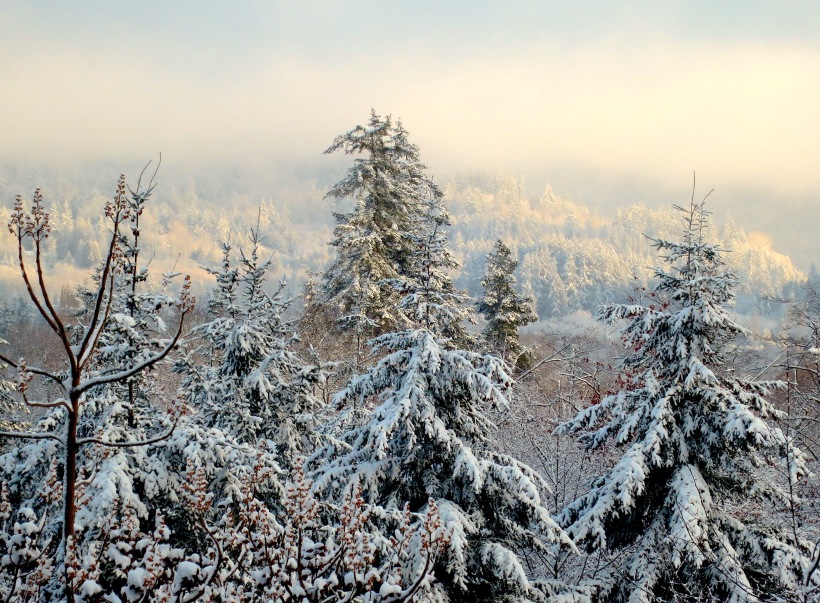
Do you have hope for the future?
someone asked Robert Frost, toward the end.
Yes, and even for the past, he replied,
that it will turn out to have been all right
for what it was, something we can accept,
mistakes made by the selves we had to be,
not able to be, perhaps, what we wished,
or what looking back half the time it seems
we could so easily have been, or ought…
The future, yes, and even for the past,
that it will become something we can bear.
And I too, and my children, so I hope,
will recall as not too heavy the tug
of those albatrosses I sadly placed
upon their tender necks. Hope for the past,
yes, old Frost, your words provide that courage,
and it brings strange peace that itself passes
into past, easier to bear because
you said it, rather casually, as snow
went on falling in Vermont years ago.
~David Ray “Thanks, Robert Frost” from Music of Time
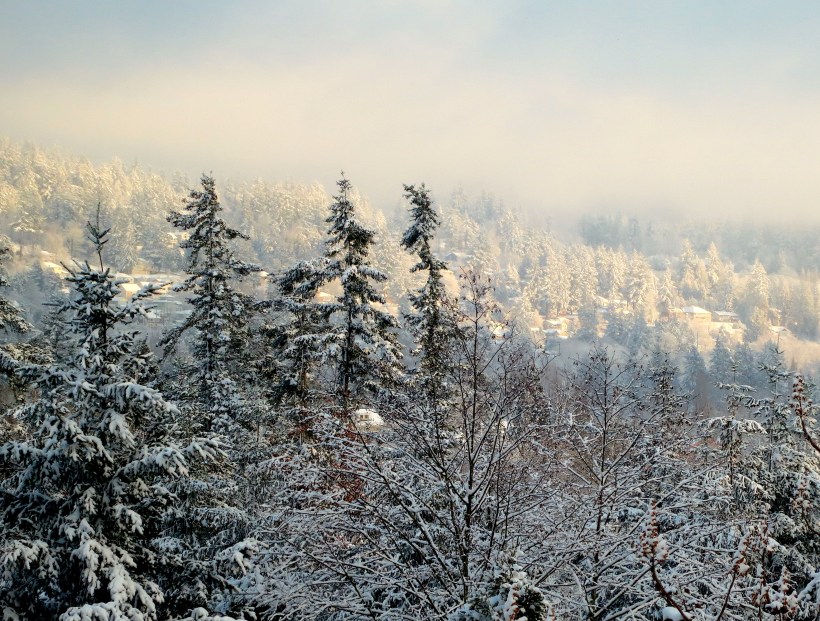
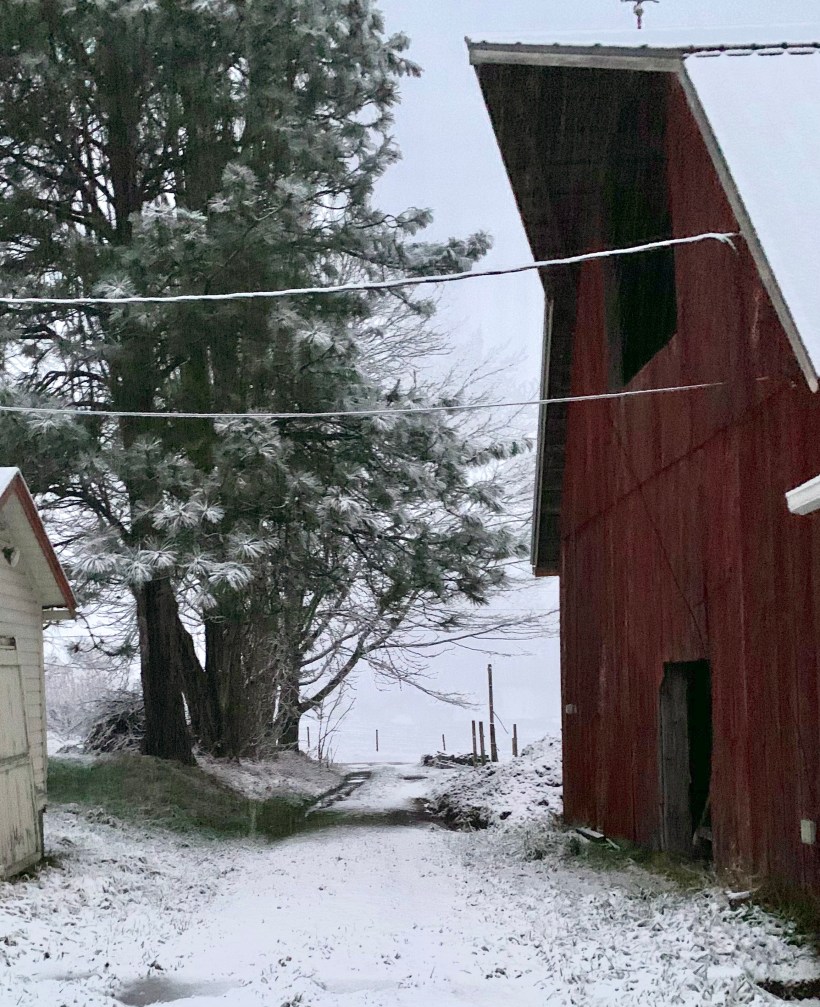
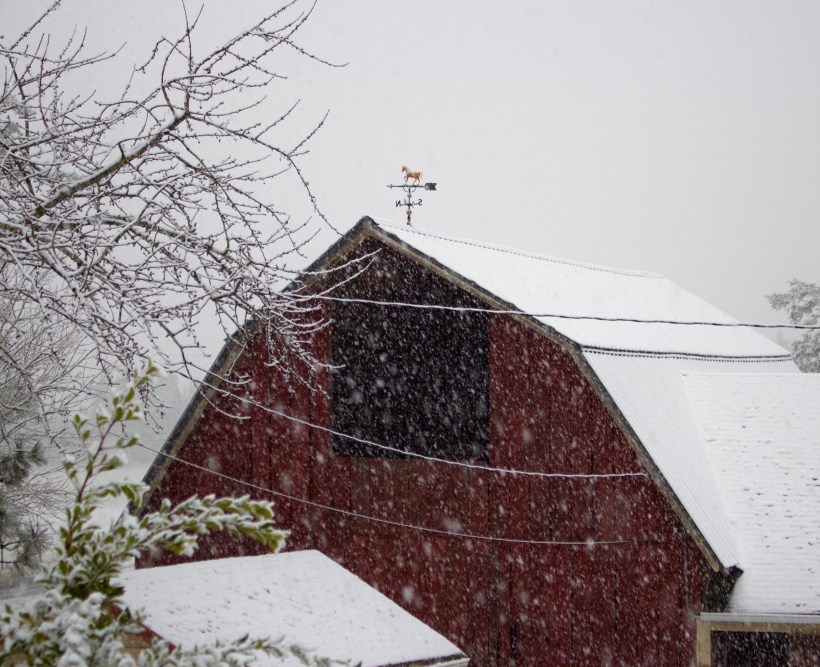
I have yet to meet someone who lives without regrets about their past.
Each of us has things we have done or said, or left undone and unsaid, which we wish we could change. It can weigh heavily as guilt, or shame, or a depressing burden to be carried through life.
Yet even the past can be redeemed. There can be transformation over time. I do believe this.
This is why I spend time every day gathering up the stuff that stinks from our barn, piling it high outside where it no longer can offend. It’s not gone, but I trust God, in His divine design, to change it, in time, to something productive and fruitful and helpful to grow the future.
So when I feel overwhelmed by the past, I humbly pile up my regrets. I can confess them , apologize for them when possible and find courage to face them. I can’t change what happened, or the hurt caused, but I can allow myself to be changed in order to flourish.
In time, in God’s providence, there can be wondrous results.


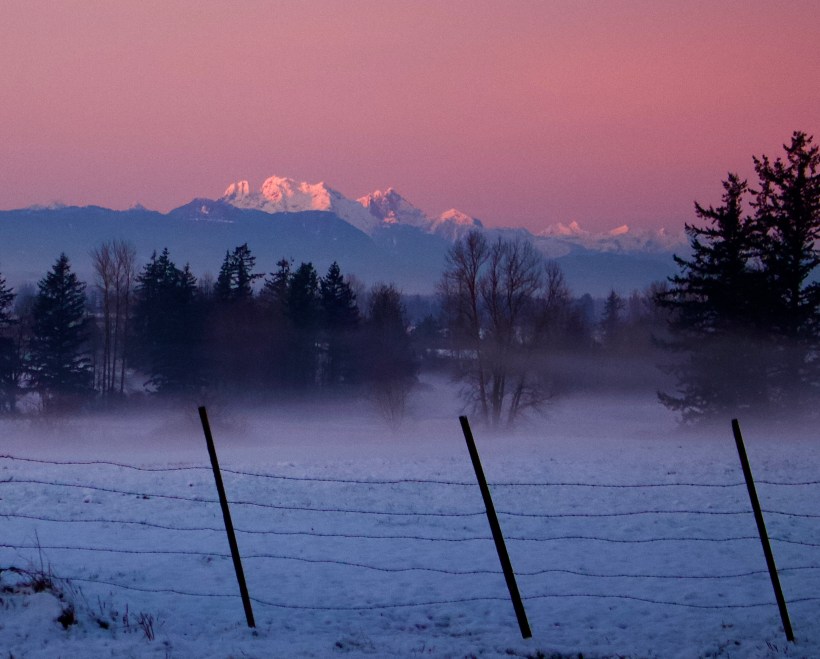
There is a worthwhile podcast conversation about this poem on “Growing Edge” between poets Carrie Newcomer and Parker Palmer.
Make a one-time or recurring donation to support daily Barnstorming posts
Make a monthly donation
Make a yearly donation
Choose an amount
Or enter a custom amount
Your contribution is deeply appreciated.
Your contribution is appreciated.
Your contribution is appreciated.
DonateDonate monthlyDonate yearly